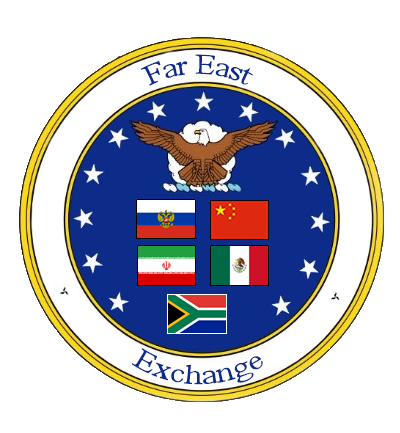





Limited Edition
December |

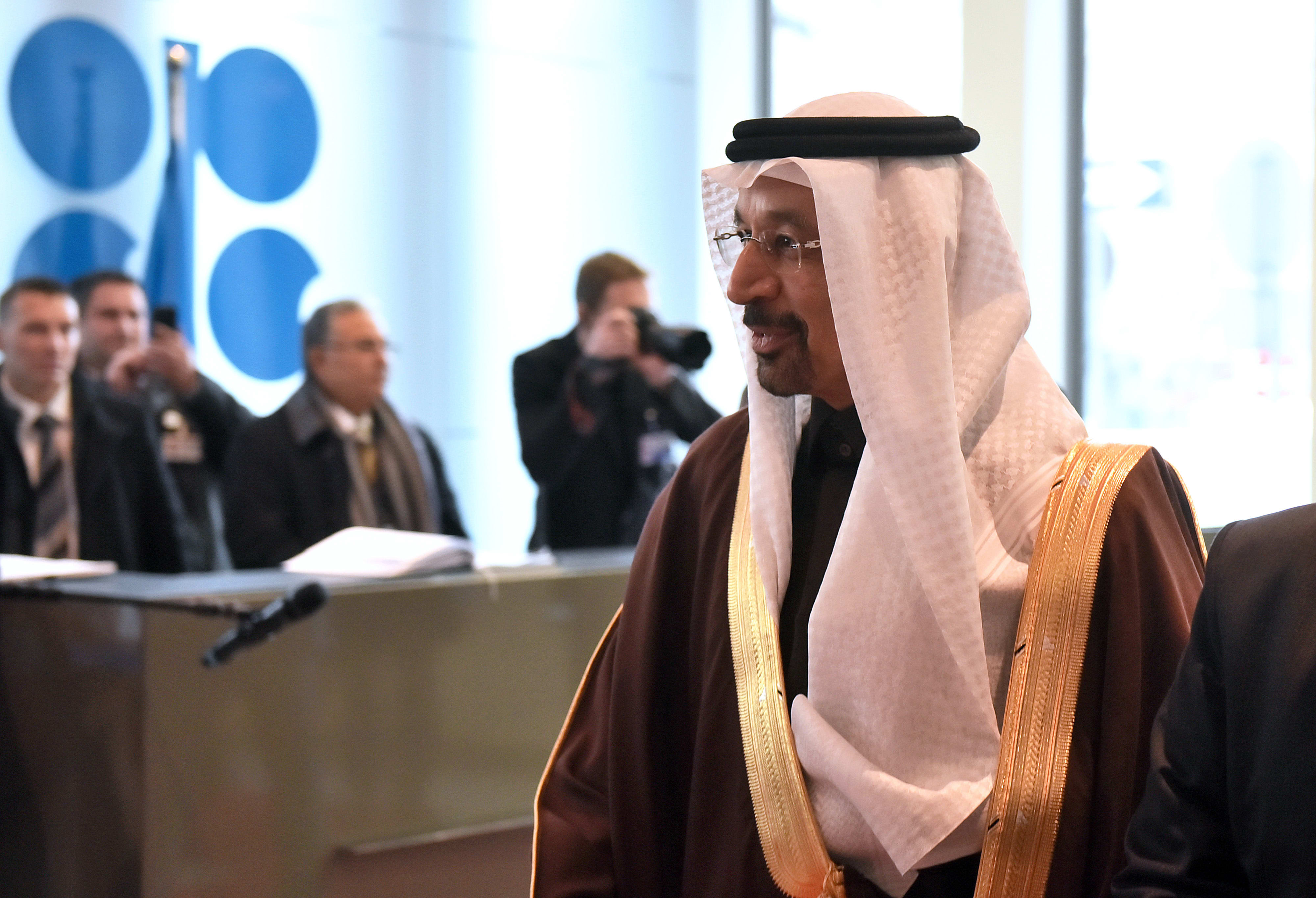
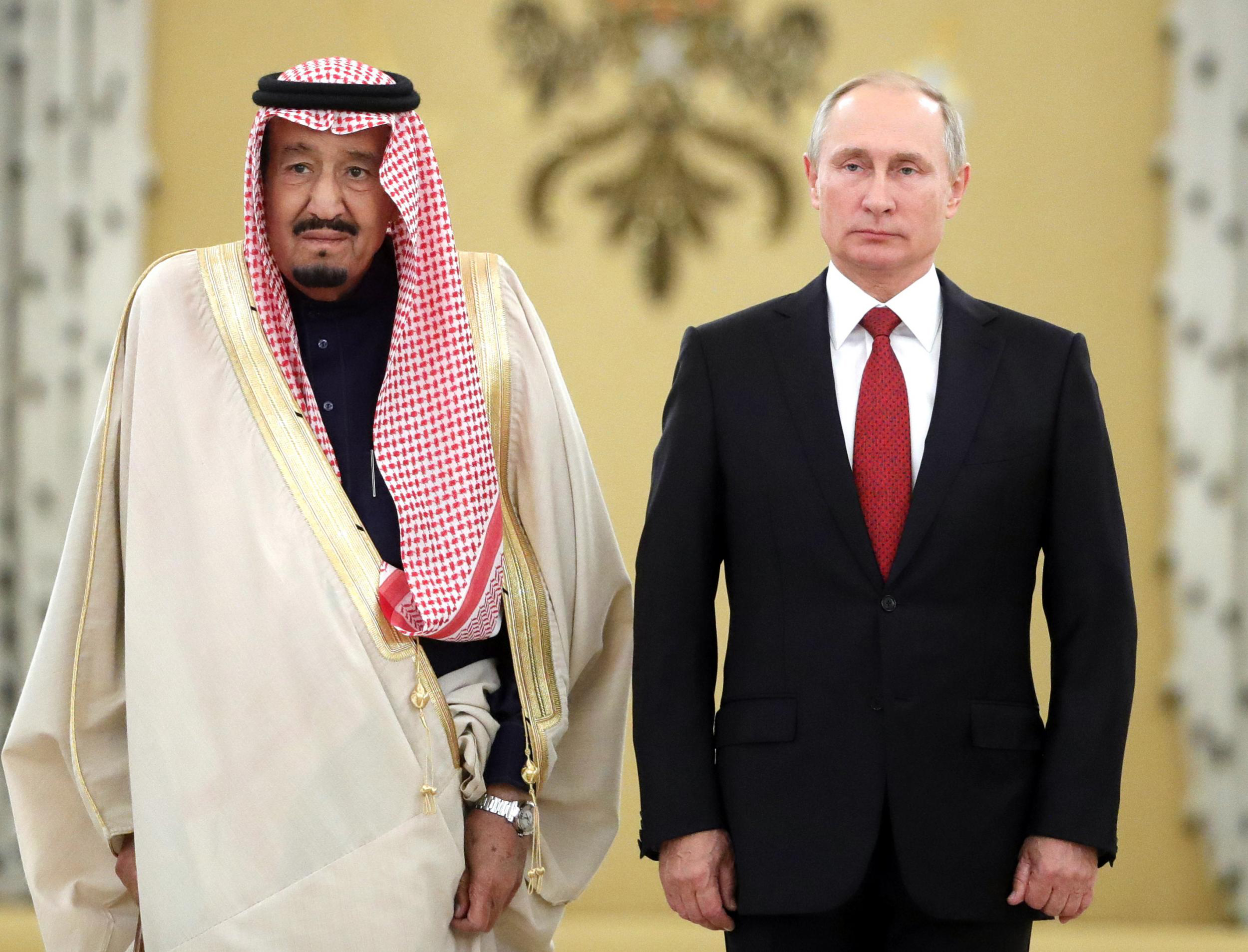
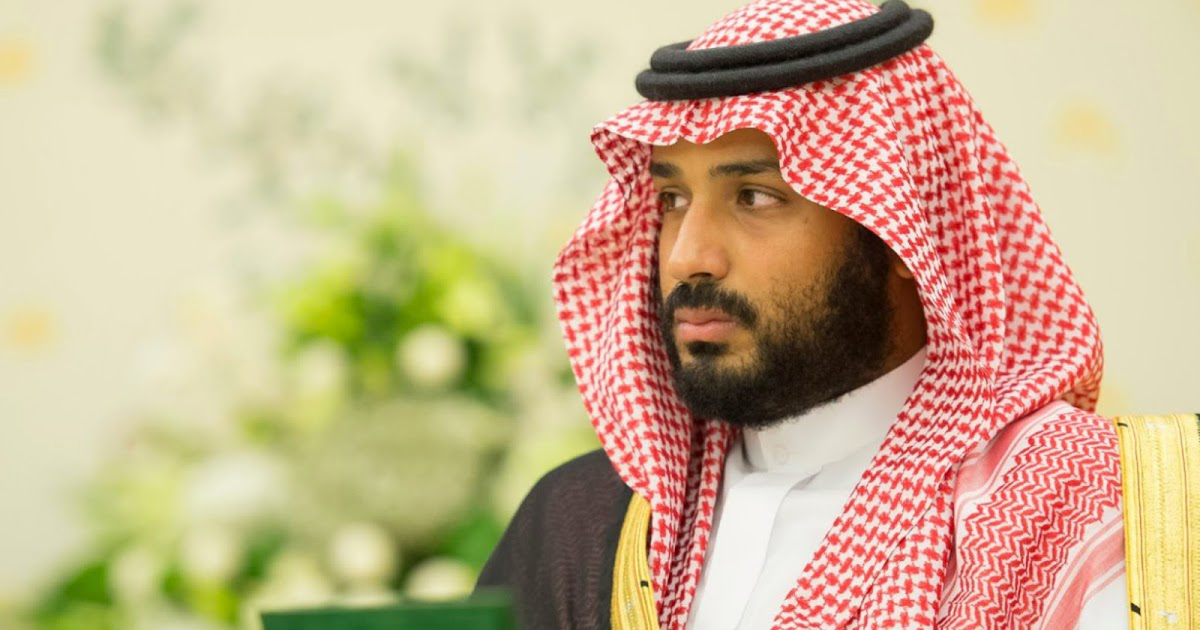

 The December Ticker
The December Ticker 
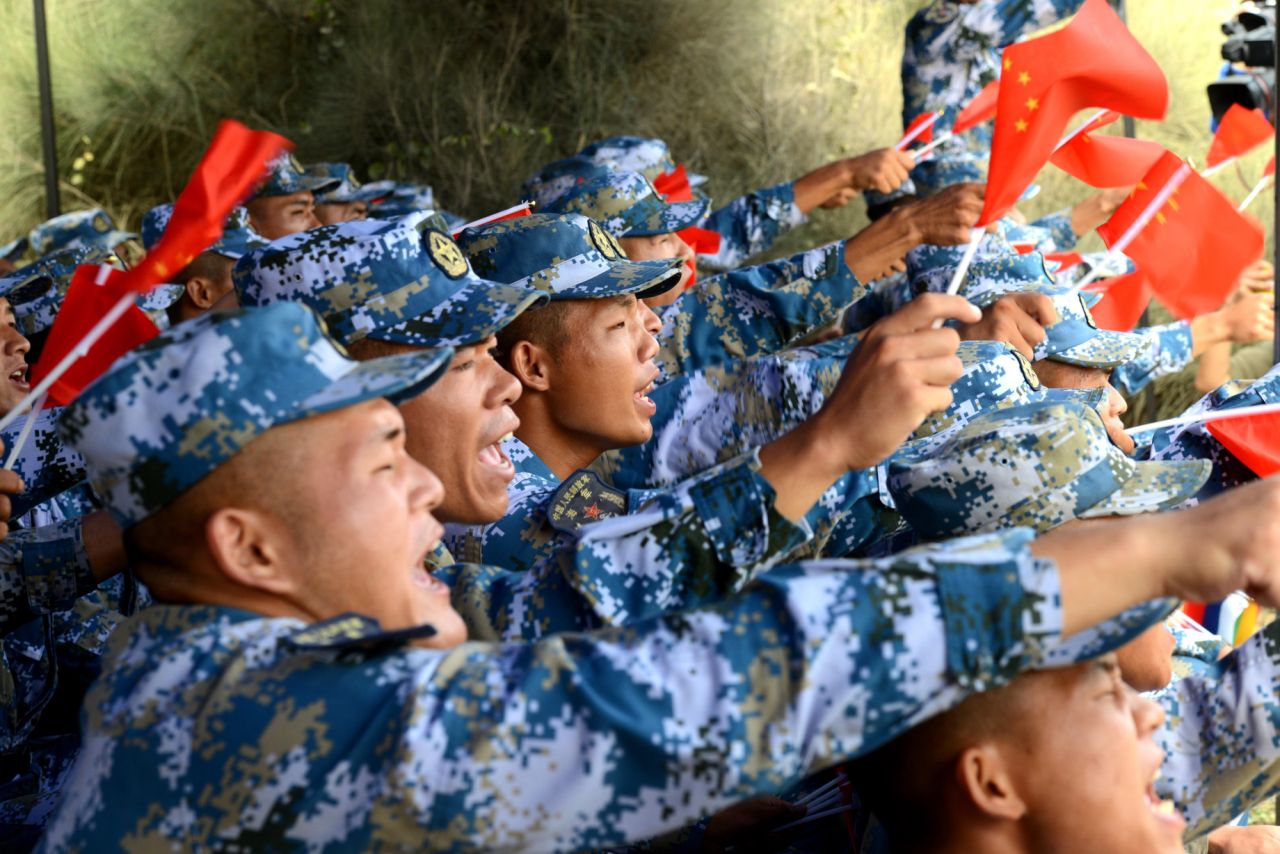
"Tossing the Dollar"



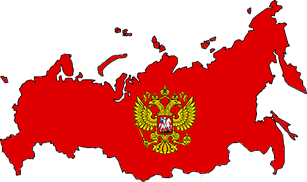

 Region 1 - Northern Division (Moscow)
Region 1 - Northern Division (Moscow) 

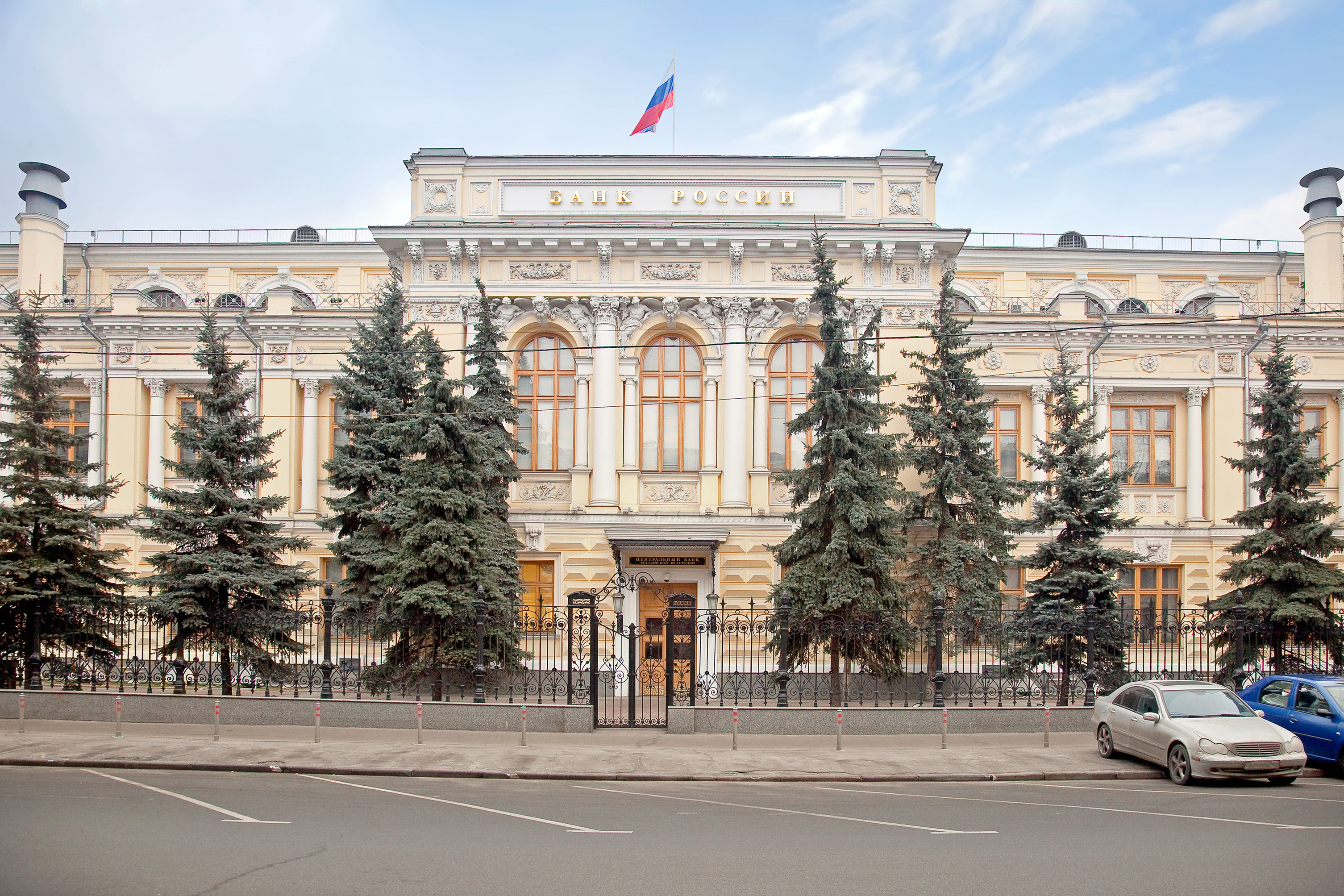
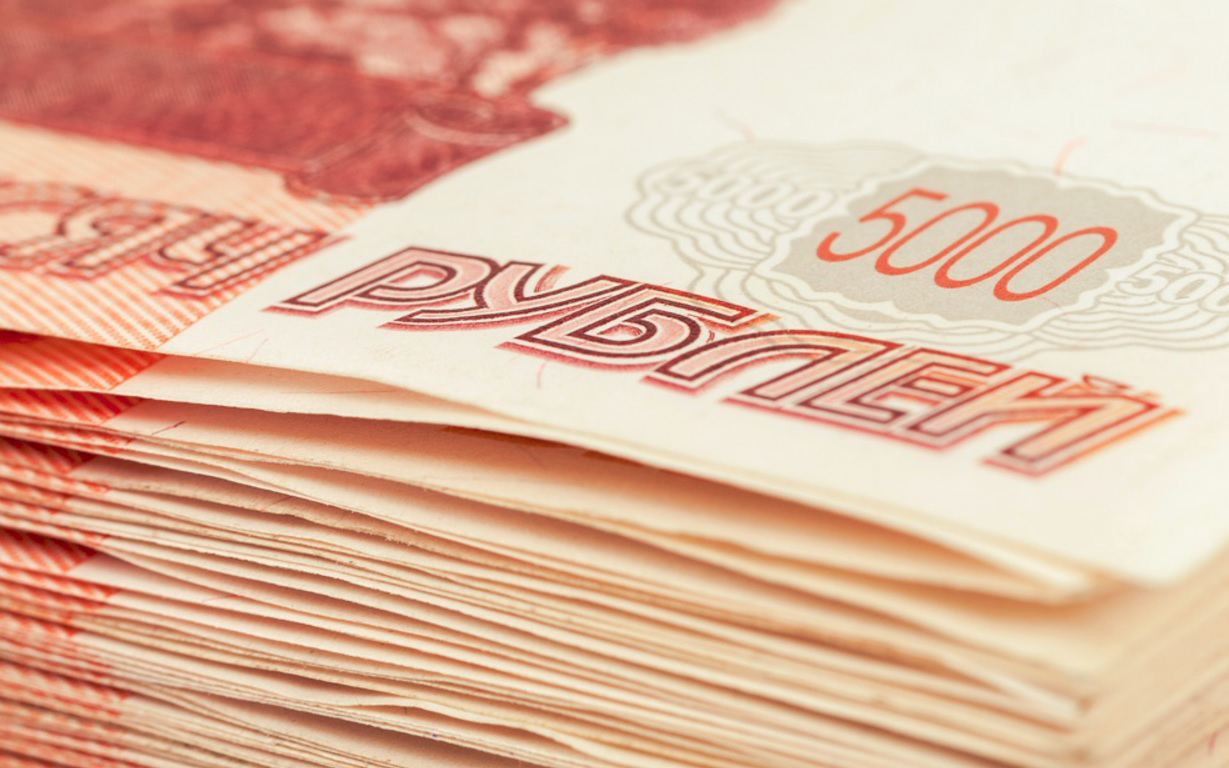
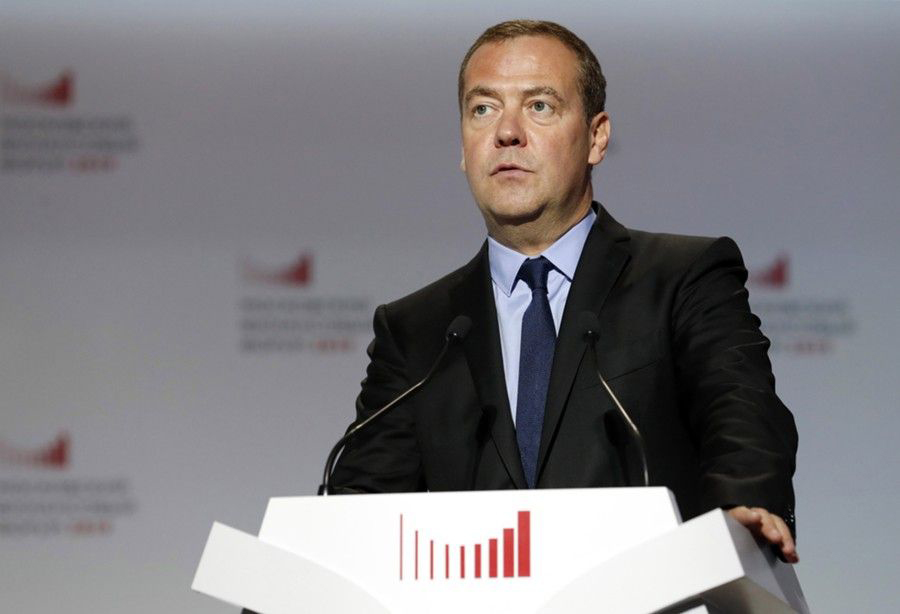

|
|
  |
|
  |
|
 Russia Continues Challenging European World Order
Russia Continues Challenging European World Order 

01.12.2019
17:01 PST
SF Bay Area, CA – Broadly, the Organization for Security and Cooperation in Europe (OSCE) is vanishing away long time peace treaties with Russia as the US jeopardizes future military cooperation for Europe. Frivolously, the US has threatened its withdrawal of the Open Skies Treaty which allows Russia's military forces to carry out unarmed surveillance in Western airspace to combat emergency situations. Actually, withdrawal from the Open Skies Treaty by the US challenges the European World Order because of visibly limited military capabilities in the West. Militarily, the Open Skies Treaty also creates oversight for existing and future arms control treaties between the West and Russia.
Appropriately, Russian Deputy Foreign Minister Alexander Grushko stated, "It won’t be an exaggeration to say that the Treaty of Open Skies is one of the few hoops that keep on fastening Europe’s military space from the point of view of its military security."
Furthermore, Grushko expressed, "We are interested in keeping the New START in place. Its extension will give extra time to take into account new factors that influence strategic stability, such as new technologies and the like." Ostensibly, destabilized security in Europe signals a shift away from the European World Order while Russia expands its strategic mission. Presently, the New START Treaty will expire in 2021 which ultimately ends in 2026 if a new 5-year agreement flops. Effectually, the New Start stipulates limits in the arms race between the West and Russia. Accordingly, disruption of the New Start limits the capacity of the (OSCE) in securing its borders which fizzles the European World Order.
 Russia's Strategic Missile Forces Accelerate Modernization
Russia's Strategic Missile Forces Accelerate Modernization
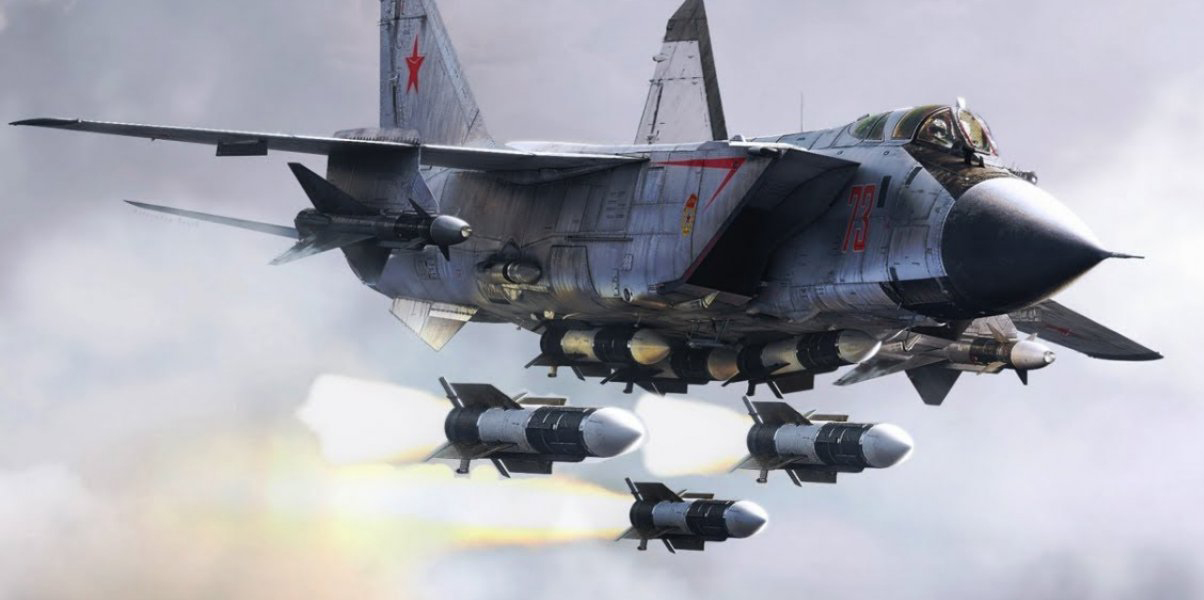
01.12.2019
18:21 PST
SF Bay Area, CA – Dexterously, Russia's Strategic Missile Forces accelerate modernization of its strategic missiles. Aggressively, the Avangard hypersonic cruise missile has completed testing and is now placed on active alert. Meanwhile, two UR-100N intercontinental ballistic missiles (ICBMs) are being outfitted with the boosted Avangard nuclear vehicle which increases its submarine-launch capacity. Accordingly, Russia launched a military satellite to orbit Earth for the creation of a unified multi-functional space platform to further accelerate its forces. Impressively, the Avangard hypersonic missile is among a list of new hypersonic cruise missiles in Russia which has also unveiled the Sarmat, Kinzhal and Peresvet missiles.
DETAILS TO FOLLOW
 Russia Bolsters Stronger Ties with Iran
Russia Bolsters Stronger Ties with Iran 
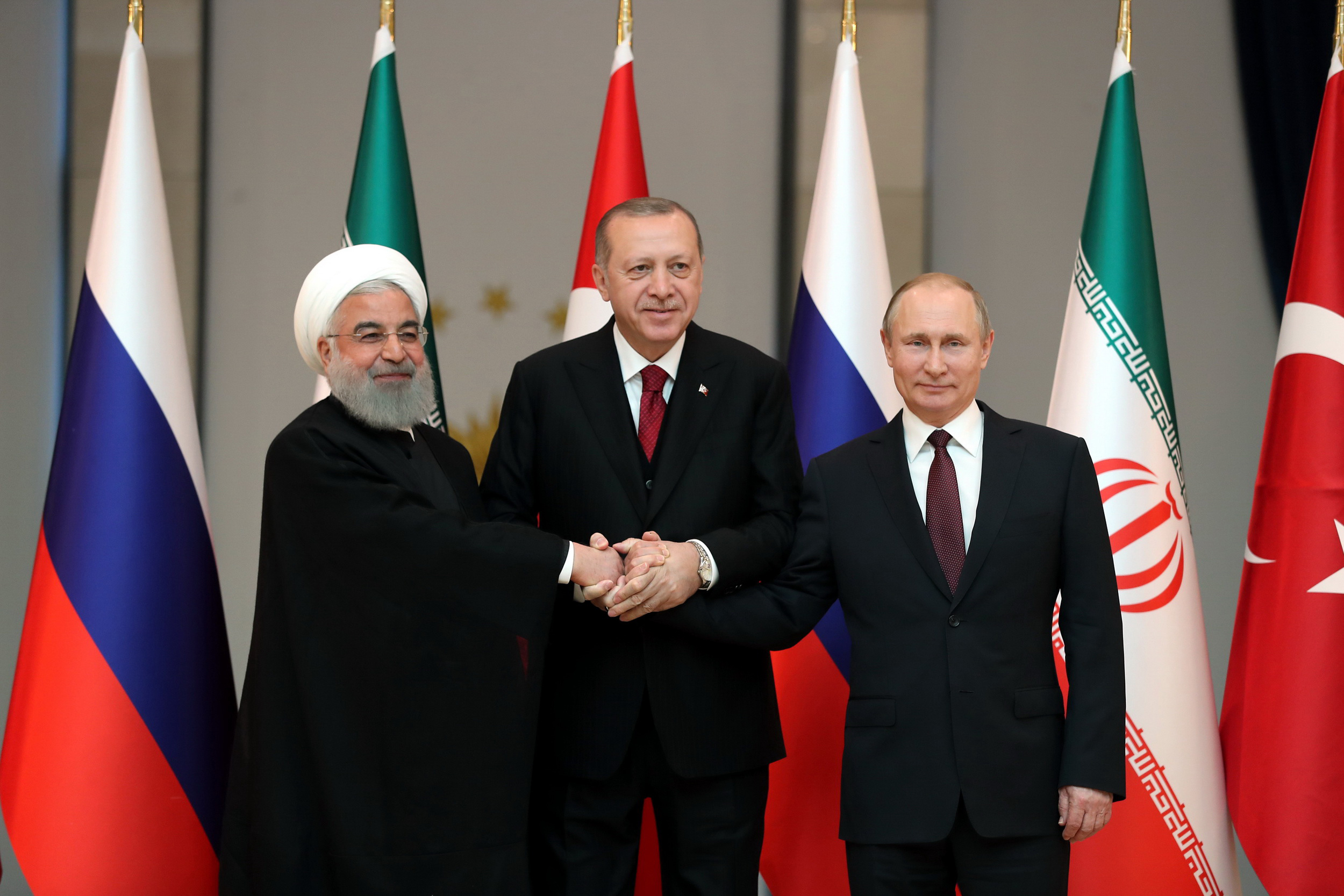
01.12.2019
20:21 PST
SF Bay Area, CA – Globally, Iran is achieving major milestones in regional security and political stability with stronger ties to Russia. Economically, Russia is planning to expand the railway and power grid in Iran which is facing threats from civil unrest. Yet, military spending in Iran has increased oil production to offset US sanctions which has led to nearly 40% inflation for the nation. Exultantly, Russia Central Bank has outlined key factors to increase GDP growth which include: reducing the Bank's key rate, expand foreign investment, expand security and integrate new technology. Flexibly, Russia and Iran continue paving a dynamic economic model for development with reform to achieve growth.
Inevitably, the Syrian civil war continues to escalate tensions in Iran over Israel's instigation of new conflicts in Syria. Readily, Syrian and Iranian forces are on full combat alert to thwart future attacks planned by Israel and its allies.
Unwaveringly, Russia's Federation Council Committee on Defense and Security Frants Klintsevich stated, "Russia has very good relations with everyone — with Israel, Iran and Syria. But we cannot be a lightning rod for all." Momentarily, Israel has reduced its efforts to disrupt Syria which is also the backbone to peace in Palestine. Meanwhile, civil unrest in Iraq, Iran and Afghanistan intensifies Isael's aggression against Palestine. Hence, Russia and Iran are establishing full military cooperation to stabilize the region and reach economic projections. Precisely, military aggression in Israel is intertwined to Iran's economic recovery from US sanctions.
[Top]

![]()

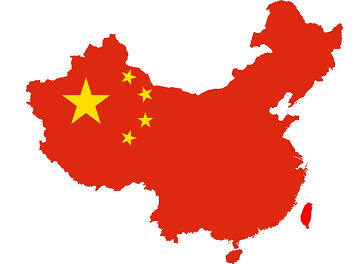

 Region 2 - Southern Division (Shanghai)
Region 2 - Southern Division (Shanghai) 

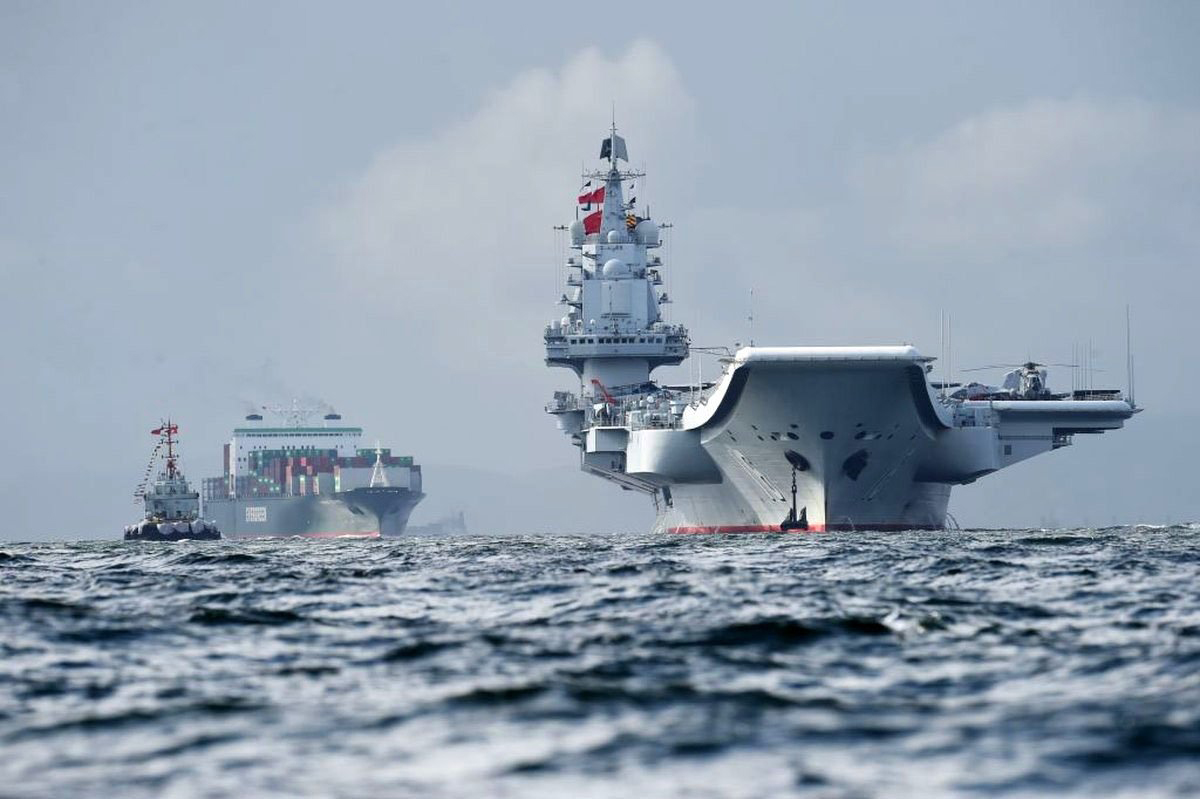
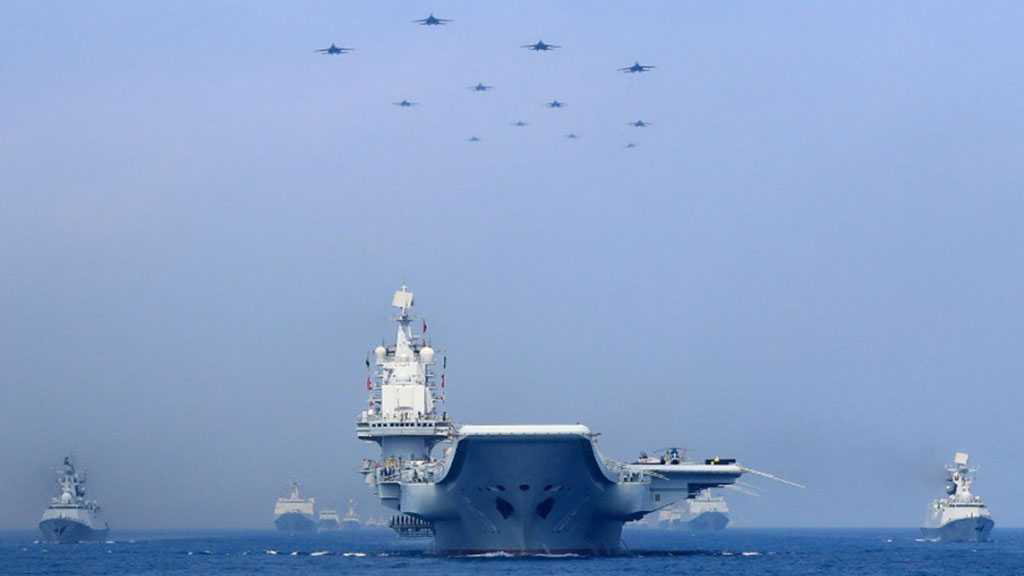
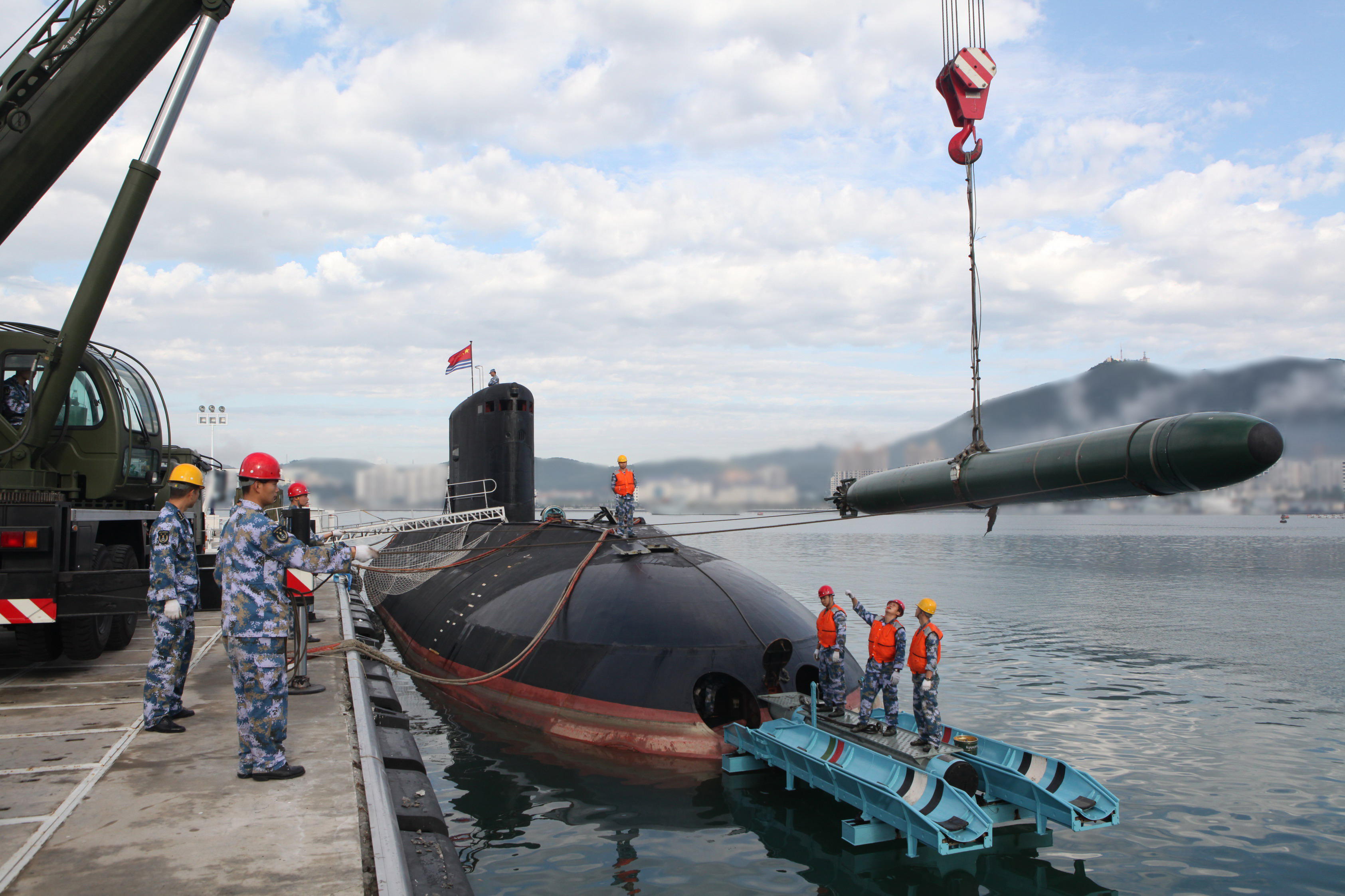

|
|
  |
|
  |
|
 China Accelerates BRICS Beyond Capacities of the WTO
China Accelerates BRICS Beyond Capacities of the WTO 
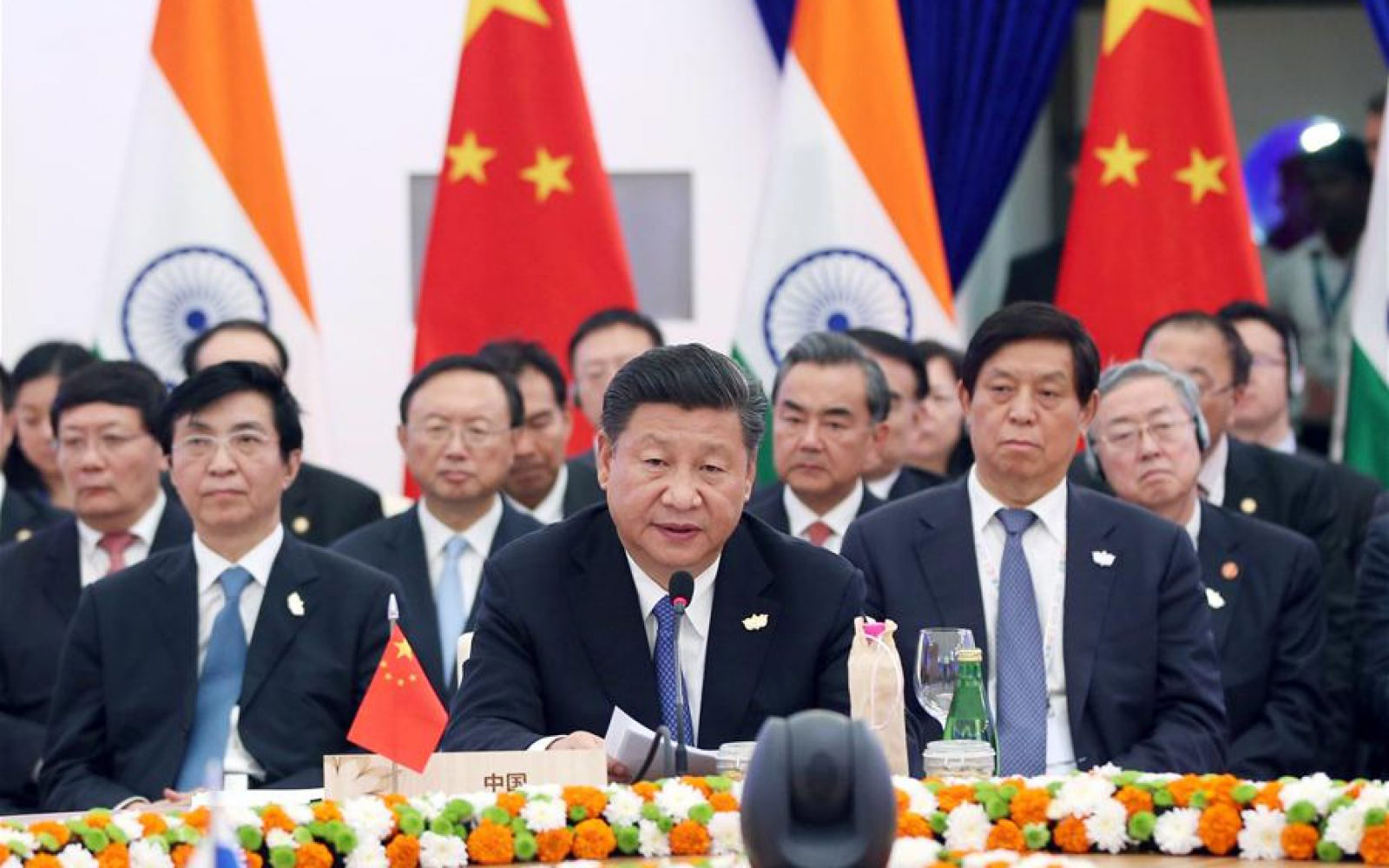
02.12.2019
09:36 PST
SF Bay Area, CA – Distinctively, Chinese President Xi Jingping urged BRICS Cooperation to accelerate with championing multilateralism to expand its New Development Bank. Recently, the BRICS Cooperation held its 11th annual summit in Brasilia, Brazil in which President Xi delivered a keynote speech entitled, "Together for a New Chapter in BRICS Cooperation". Brilliantly, President Xi noted at the summit that BRICS is transforming the geopolitical landscape of the global economic governance system which accelerates beyond the capacity of the WTO. Mainly, the issue of government deficit left from US sanctions and its trade war has created a major rift around the world.
Fervently, President Xi mentioned, "We must remain true to our unwavering commitment to development and strengthen solidarity and cooperation for the well-being of our people and for the development of our world."
Openly, China is accelerating BRICS Cooperation into the future through strategic communication, innovative development and reform of the global economic governance system. Predominantly, China leads the BRICS Cooperation and has committed to expanding growth in emerging markets. Keenly, President Xi indicated, "We will import more goods and services, ease market access for foreign investments, and step up intellectual property protection. With these efforts, we will break new ground in pursuing all-dimensional, multi-tiered and all-sectoral opening-up in China." Exceptionally, the BRICS New Development Bank is poised to explore the digital economy while undertaking innovative macro-economic initiatives.
 China Targets Improving its Business Milieu
China Targets Improving its Business Milieu 
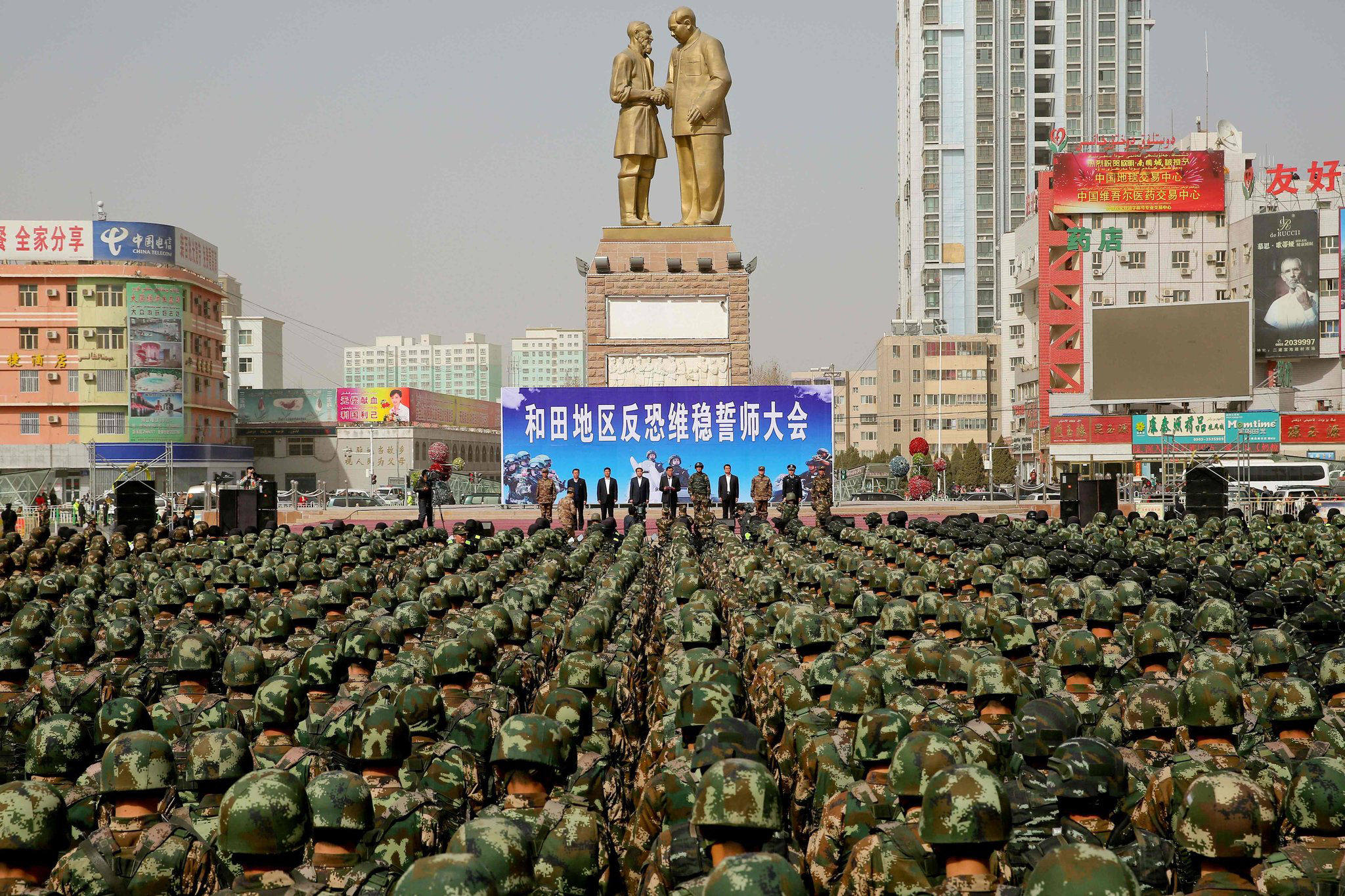
02.12.2019
10:50 PST
SF Bay Area, CA – Tactically, China has began improving its business milieu to promote its world-class market and well-governed legal system. Accordingly, the CPC is cracking down on anti-social umbrellas that create brain drain by combating and punishing online pornography and gambling which generates drug abuse and gang violence. Bellicosely, the CPC has warned against turning a blind eye to the harboring of criminals who are seeking protective umbrellas from gang-related activities. Moreover, government officials are urged to maintain self-reform and dedicate their work to serving the people. Furthermore, the CPC highlighted the need to focus on addressing sensitive issues that people are deeply concerned about such as security.
Affirmatively, China's Premier Li Keqiang commented, "Energizing the market is a key step in countering the downward economic pressure. We will continue with the tax cuts and reform of government functions for a better business environment in China."
Administratively, China has listed several issues for national review such as: transparent market access, time it takes to start a business, unwarranted license requirements and upgraded government services. Diligently, China is seeking to improve its business environment with better use of system indicators while improving the evaluation process. Disparagingly, Guo Shengkun, a member of the Political Bureau of the CPC Central Committee urged the CPC to focus on education which demands "staying true to our founding mission". Unremittingly, China has targeted key regions and industries which are prone to illegal criminal activities to improve its business milieu.
 Tensions between Japan and South Korea Intensify from US Occupation
Tensions between Japan and South Korea Intensify from US Occupation 
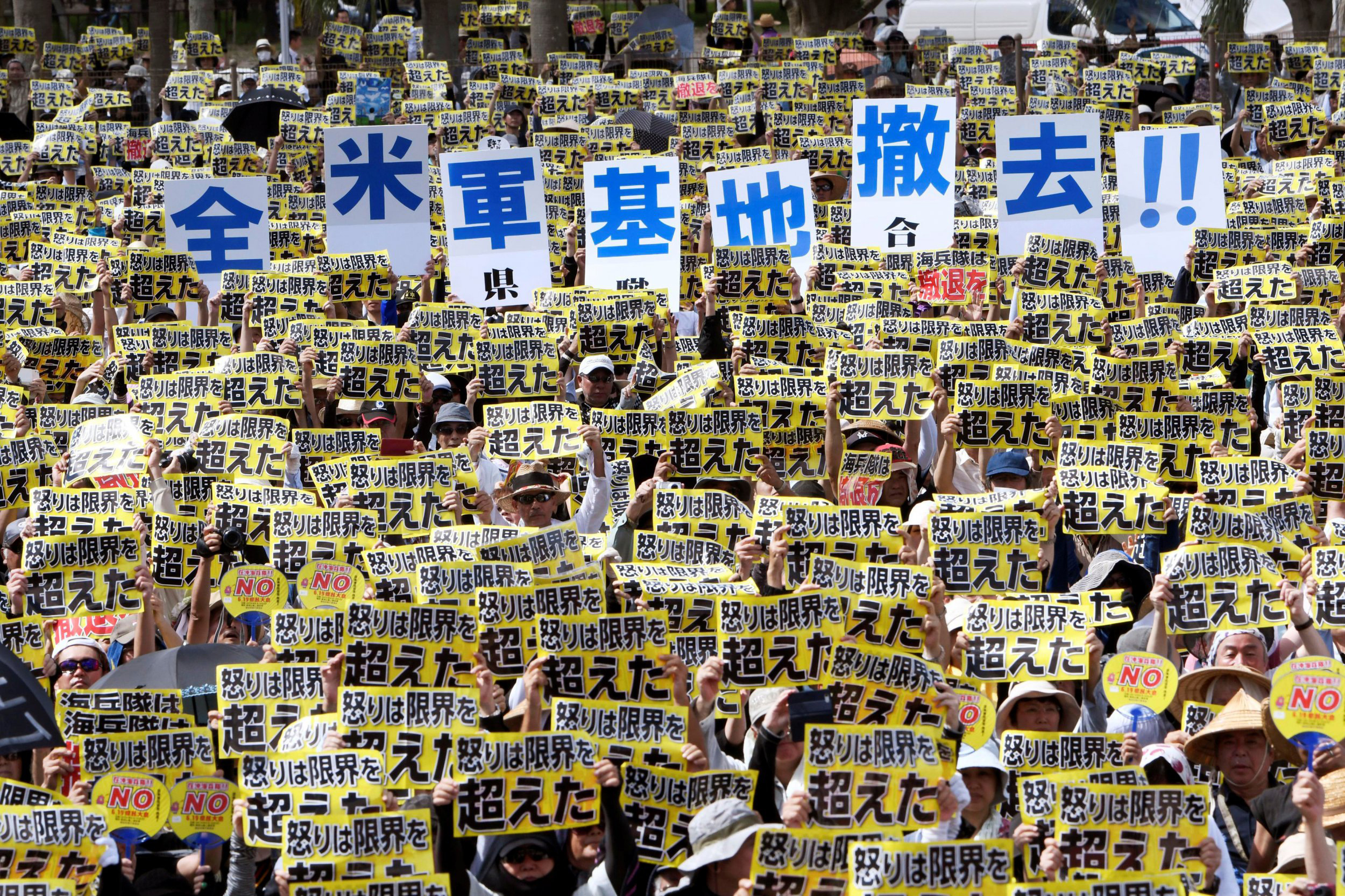
02.12.2019
13:42 PST
SF Bay Area, CA – Historically, tensions between Japan and South Korea have intensified over wartime issues and trade. Regionally, the armistice with North Korea has propelled the occupation of US troops in South Korea and Japan. Economically, South Korea continues to make new pledges to support the base realignment of Camp Humphreys which rattles Japan as mediocre military development severs ties to the US. Meanwhile, South Korea's ambassador to Japan has called for dialogue to find comprehensive solutions to current wartime issues. Adversely, South Korea seeks compensation from Japan over the wartime labor of comfort women to underpin its commitments with the US.
Insistently, South Korea's parliamentary speaker, Moon Hee Sang created a bill which disburses 300 billion won ($255 million) to 1,500 victims. Clearly, human rights abuse is primarily the issue behind US military occupation in South Korea as attempts to end the armistice become latent.
Inherently, US military occupation in Japan is becoming a major concern for Russia because it hinders closer ties between the two nations. Patiently, Russia's Foreign Minister Sergei Lavrov remarked Russia's concerns "over its own security stemming from the presence, development and constant reinforcement of the U.S.-Japan political and military alliance had been transmitted to the Japanese side, who had "promised to react." He added, "We will await their response and continue discussions." Officially, the presence of US troops in Japan was condemned during the G-20's Foreign Ministerial meeting.
[Top]

![]()
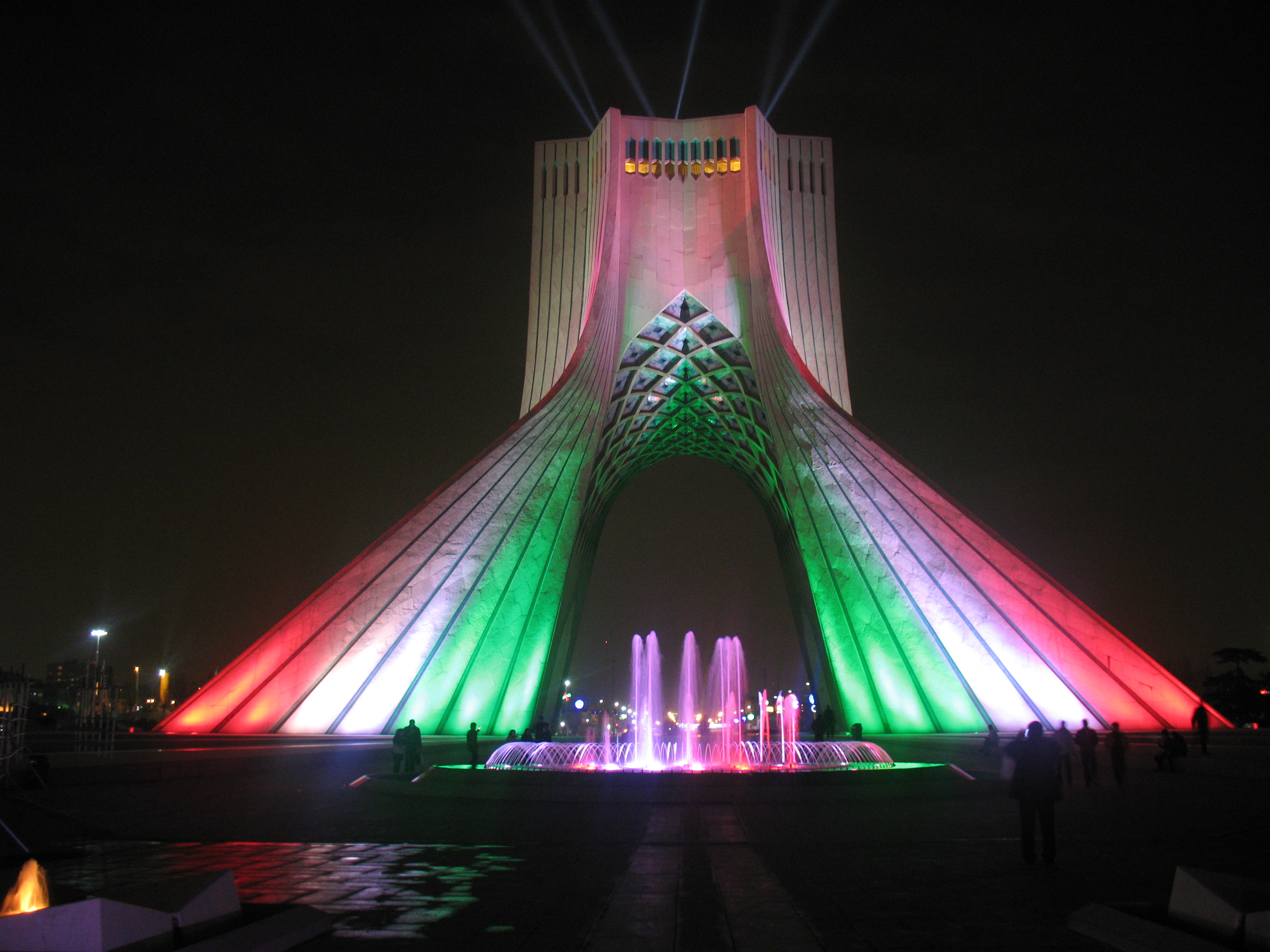
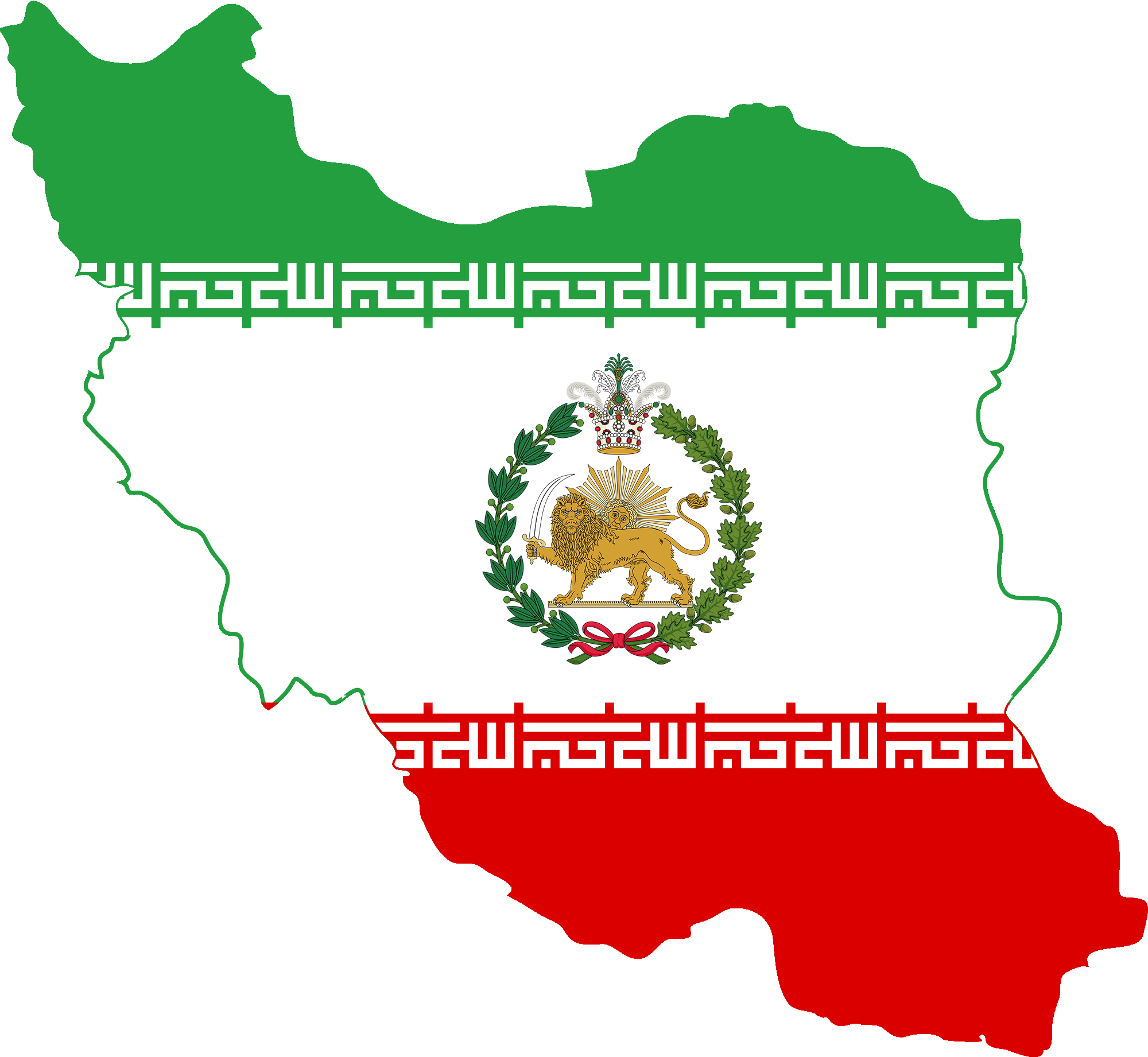
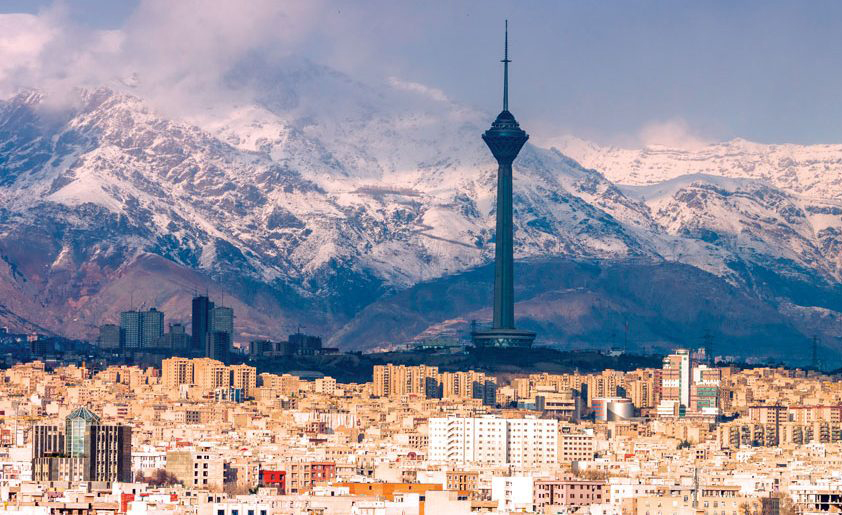
 Region 3 - Eastern Division (Tehran)
Region 3 - Eastern Division (Tehran) 


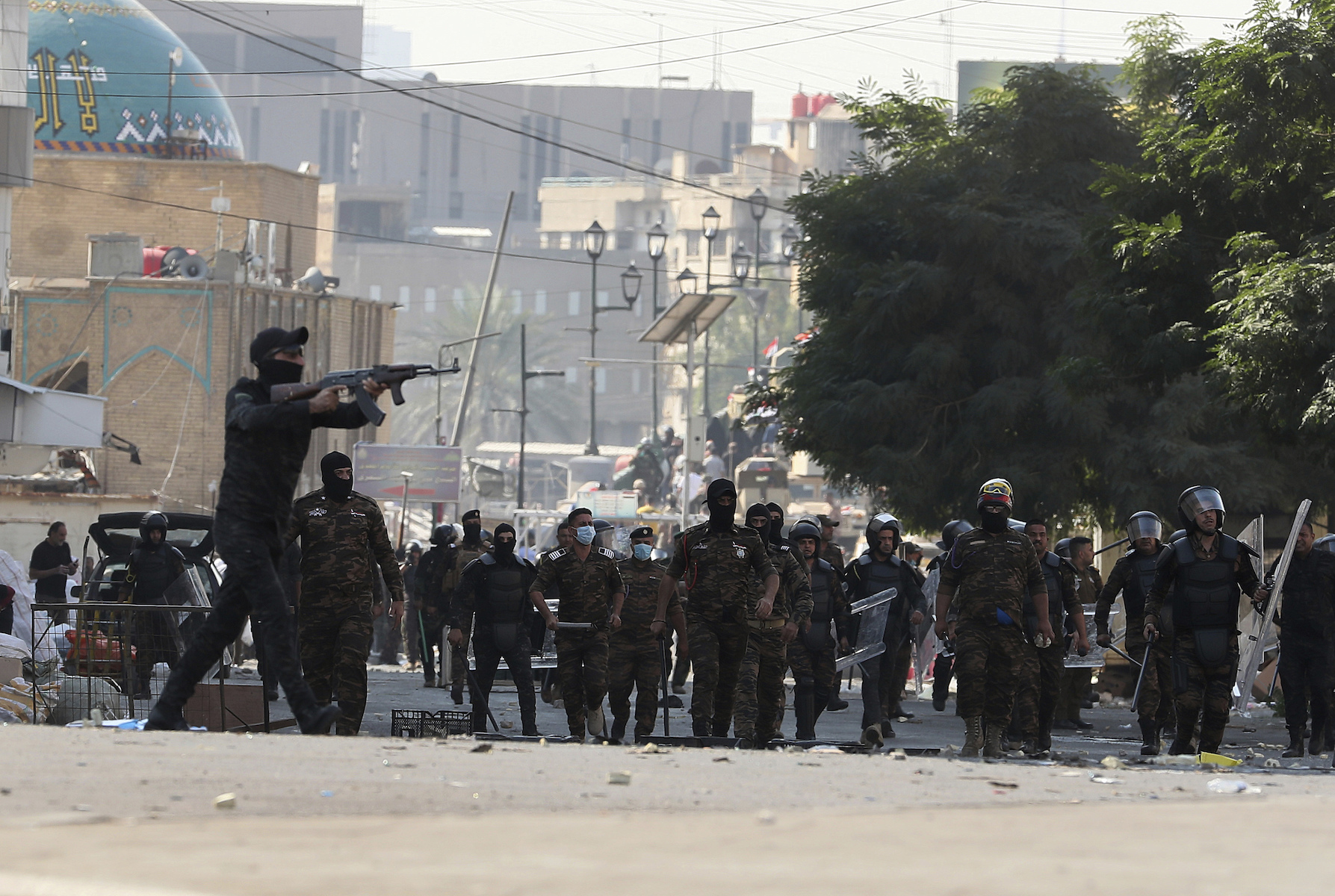
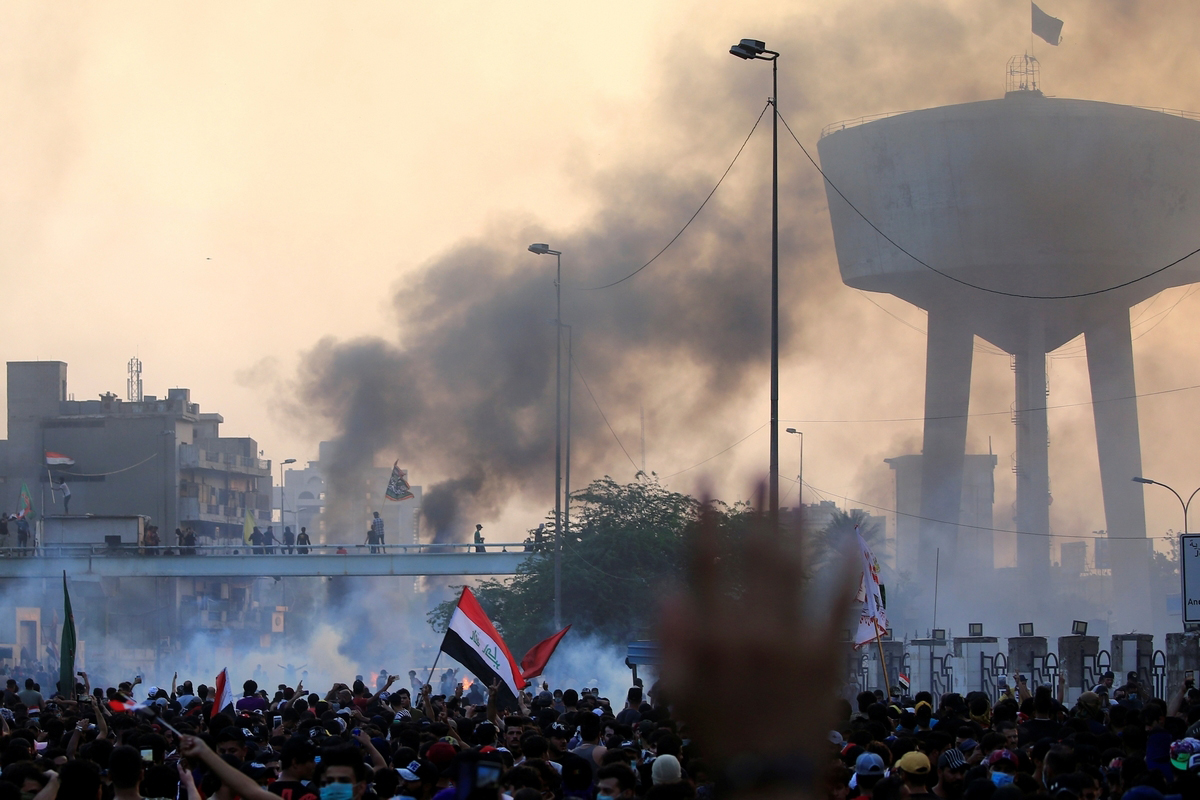

|
|
  |
|
  |
|
 Saudi Arabia Prepares to Host G-20 Summit
Saudi Arabia Prepares to Host G-20 Summit 
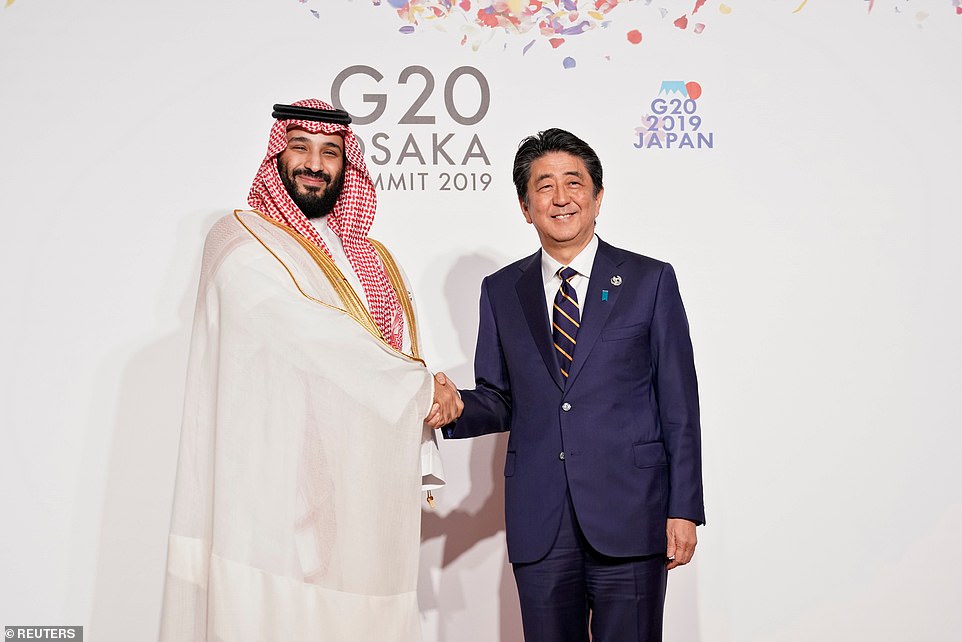
02.12.2019
14:50 PST
SF Bay Area, CA – Punitively, the G-20 has emerged as the main political arena for international diplomacy which is suffering from years of economic inertia. Astutely, Saudi Arabia is calling on financial reform for the global economy to continue its acceleration beyond economic redundancy. Significantly, the digital economy is leading the business cycle and alleviating the need for both the WTO and IMF by creating new development opportunities for G-20 nations. Tenaciously, Saudi Arabia is preparing to submit new reforms for global financial institutions while hosting the G-20 summit. Globally, Saudi Arabia shares a responsibility in handling severe environmental conditions which have suffered from political unrest.
Diplomatically, Saudi Arabia is expected to unveil its Vision 2030 economic road map during the G-20 summit. Explicitly, Saudi Arabia is focused on developing new socio-economic reform by addressing ongoing environmental issues.
Meanwhile, Saudi Arabia has committed to featuring Japan's Osaka Blue Ocean Vision with its Vision 2030 which includes policies to enhance oceanography within the G-20 framework. Primarily, the Osaka Blue Ocean Vision has established a goal of eradicating plastic waste in the ocean by 2050 through cooperation with G-20 nations. Tangibly, Saudi Arabia views current economic inertia as a result of a New Cold War between the East and West whereas economic ties with China is key to Saudi Arabia. Hence, the G-20 summit creates a major platform for geopolitical harmony as the US trade war escalates.
 Iran Thwarts US Threats of War
Iran Thwarts US Threats of War 
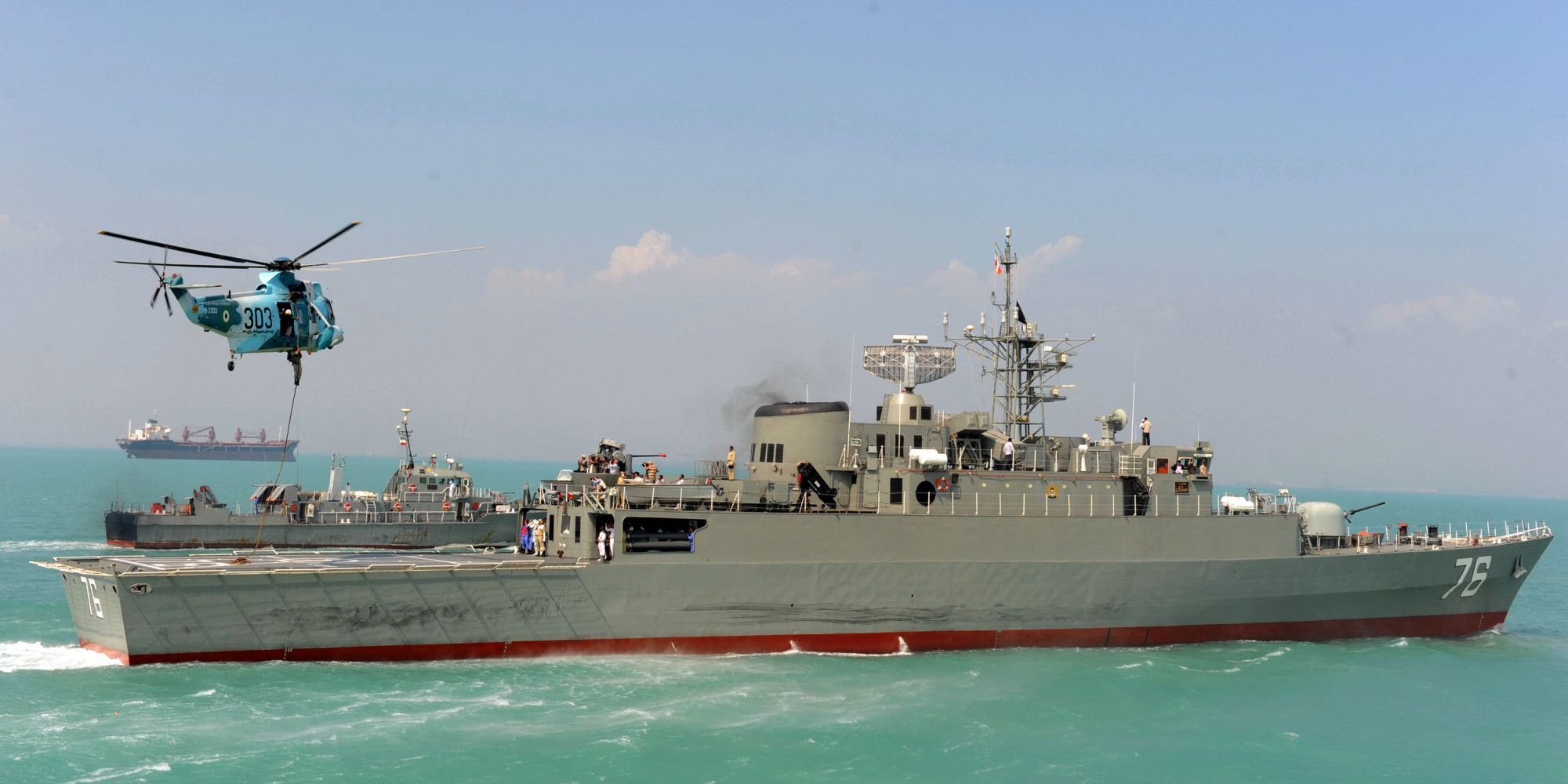
02.12.2019
21:19 PST
SF Bay Area, CA – Remarkably, Iran's Navy has expanded its normal patrol areas beyond the Persian Gulf and the Red Sea to include the Indian Ocean. Moreover, Iran's Navy Commander Rear Admiral Hossein Khanzadi stated, "We have achieved the technology of vertically-launched missile silos." Furthermore, he added that the missiles "can be used to destroy cruise missiles." Dynamically, Iran's Navy has developed three new generation destroyers which feature a special design for less detection at higher speeds. Suitably, Iran has suppressed US efforts to ignite a regional war from the Persian Gulf as a US withdrawal from Afghanistan becomes imminent.
Frankly, Khanzadi stated "So far, thanks to the power, which lies in the possession of Iran’s Islamic establishment, the Americans will, under no circumstances, dare to pose any direct threat to our region."
Purposefully, Iran has dwelled over initiating Afghan-Afghan talks to move beyond current negotiations between the Taliban and the Afghanistan government. Knowingly, Afghanistan is accelerating its efforts to end the 18-year long war against Zionist oppression as US economic sanctions against Iran reshapes regional security. Importantly, Iran is seeking to assist Afghan forces with eliminating the occupation of foreign troops and becoming unified in securing the future of Afghanistan. Directly, Iran's Leader Ayatollah Khamenei said, "the enemies had hatched a profound, extensive, and very dangerous plot against the country, and were seeking to enact the conspiracy through acts of destruction, homicide, and mischief." Unfalteringly, Iran is thwarting US threats of regional destabilization as Afghanistan shifts towards unity with the Taliban.
 Yemen Continues its Aggression Against Saudi Arabia
Yemen Continues its Aggression Against Saudi Arabia 
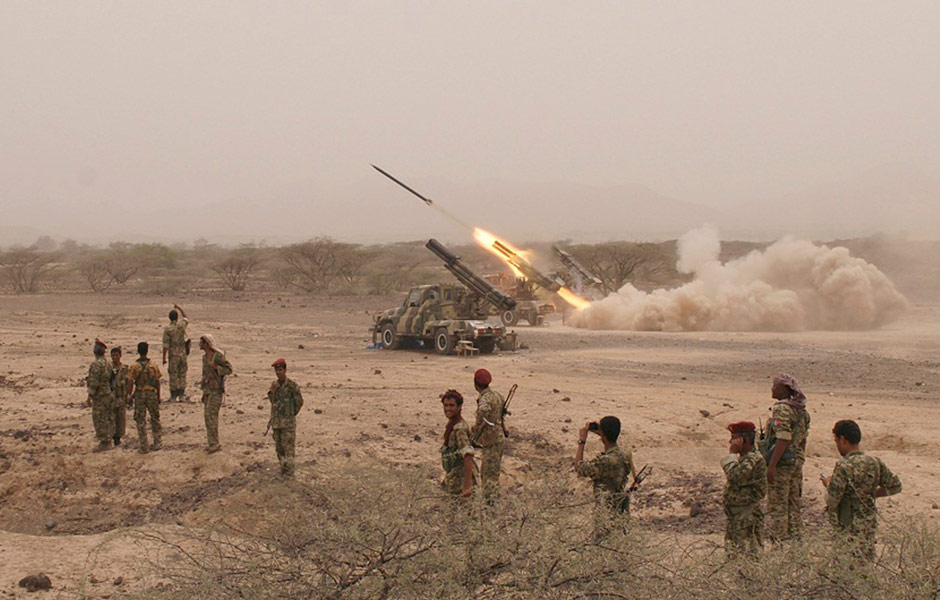
03.12.2019
01:02 PST
SF Bay Area, CA – Profoundly, Yemen continues with various military offensives against Saudi Arabia in the midst of a dengue fever epidemic. Recently, Yemeni Armed Forces launched several strikes against Saudi troops and their allies in Mukha. Incessantly, the cease fire agreement between Yemen and Saudi Arabia has been violated over 30,000 times since originating. Amenably, spokesperson of the Yemeni Armed Forces Brigadier General Yahya Saree stated, "The operations of our forces came in response to the violations of aggression in the west coast." Pretentiously, US military aggression in the Persian Gulf has significant drawbacks to the crisis in Yemen.
DETAILS TO FOLLOW
[Top]

![]()
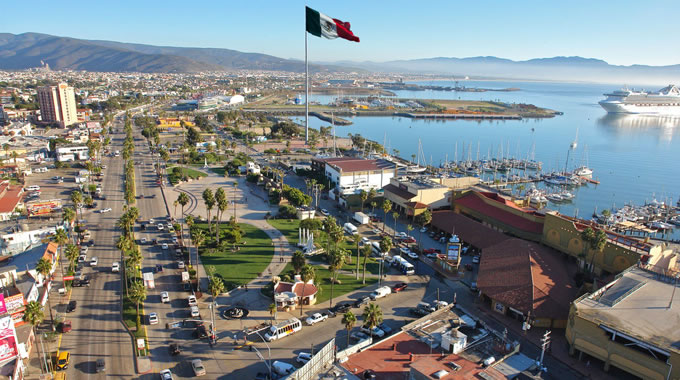
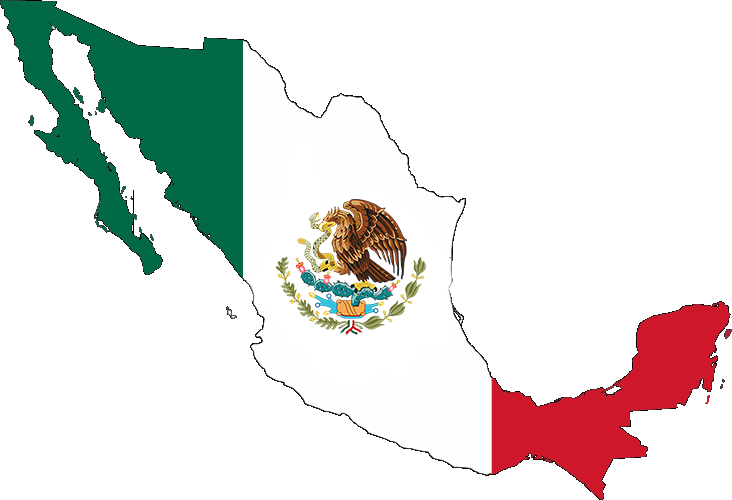
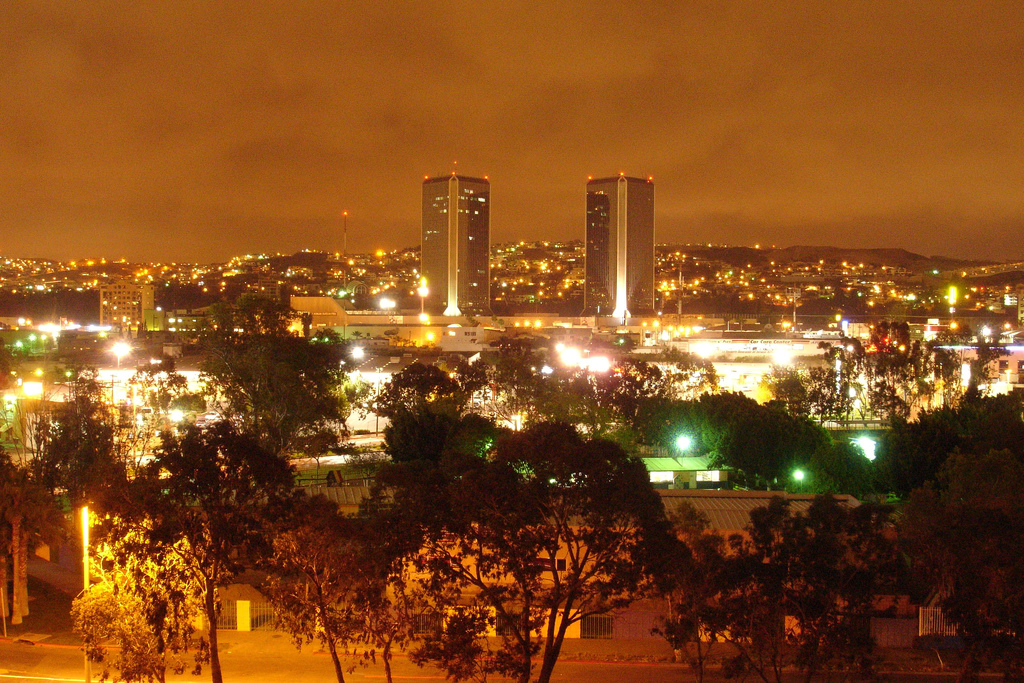
 Region 4 - Western Division (Tijuana)
Region 4 - Western Division (Tijuana) 

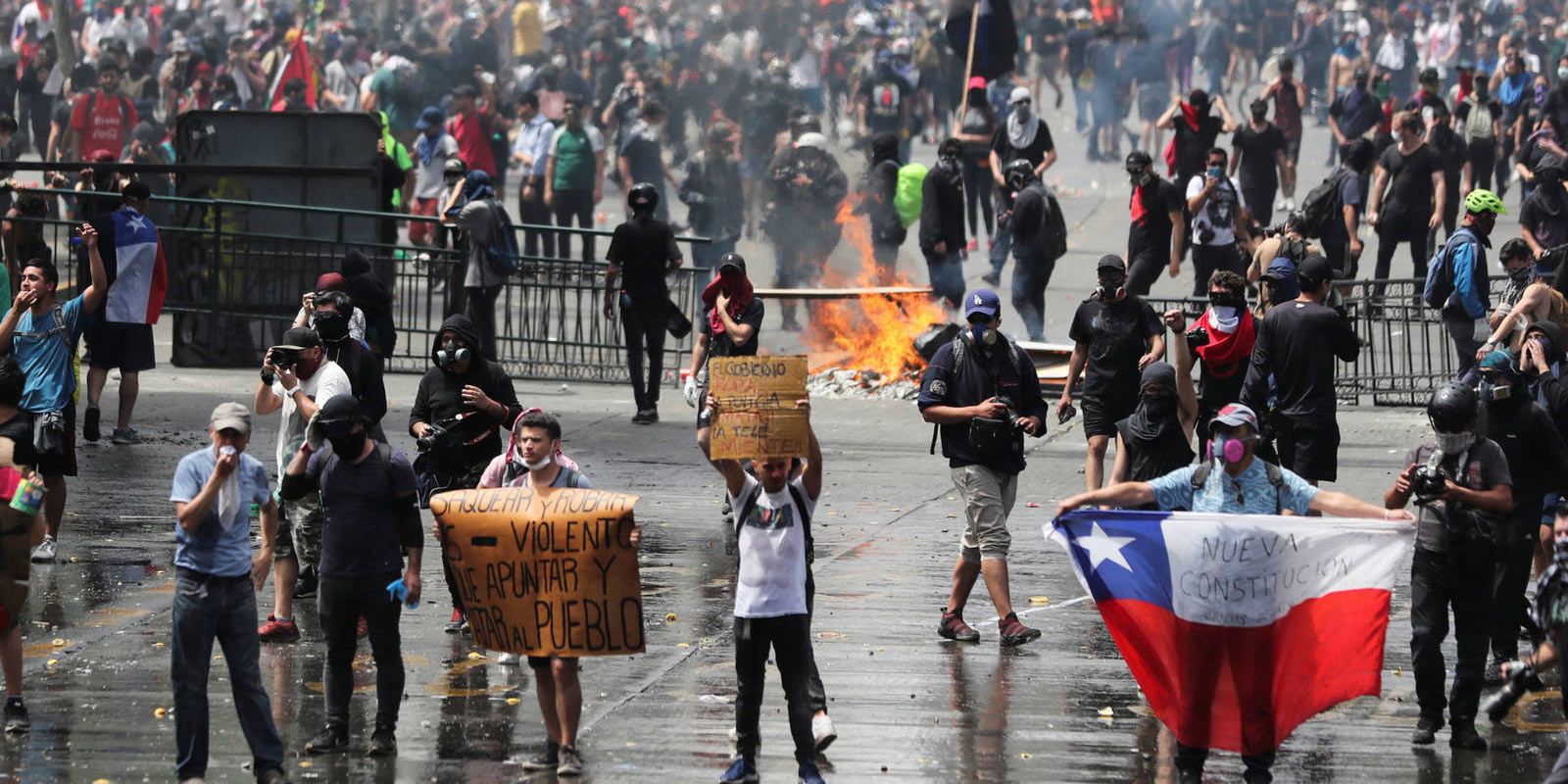
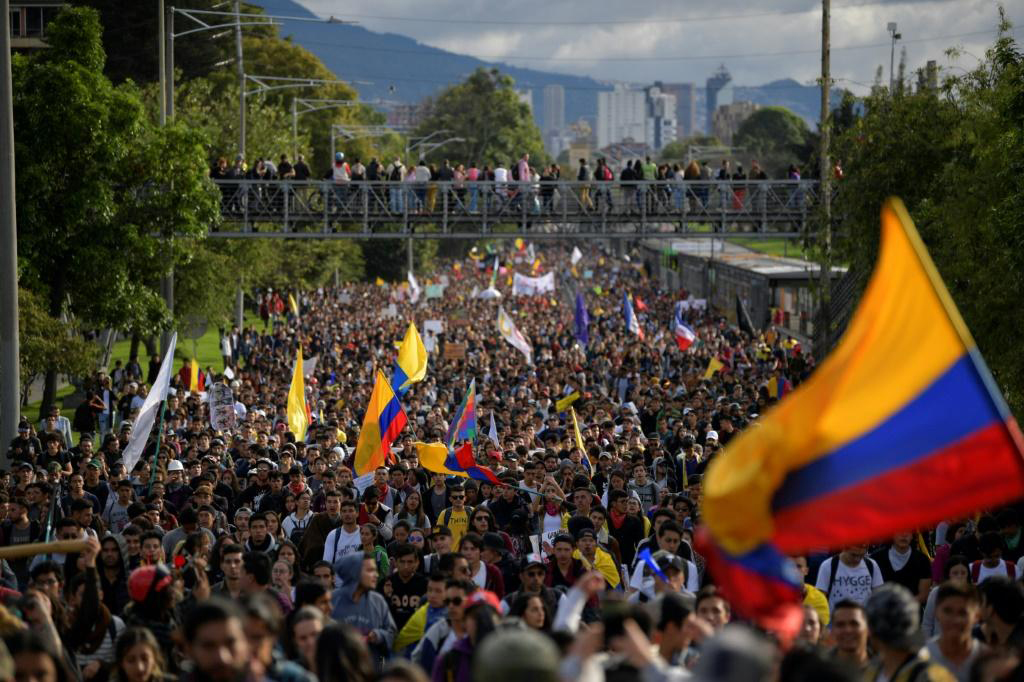


|
|
  |
|
  |
|
 Brazil's Central Bank Selling its US Dollar Reserves
Brazil's Central Bank Selling its US Dollar Reserves 
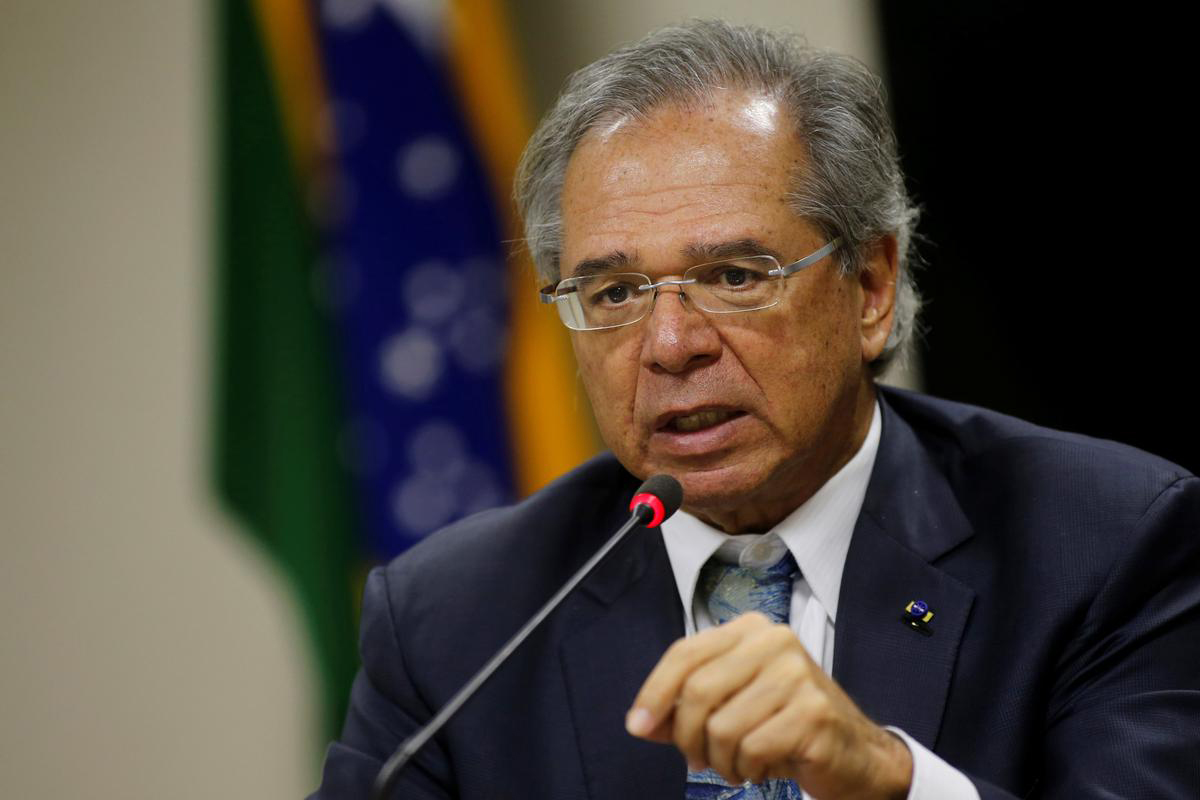
03.12.2019
02:07 PST
SF Bay Area, CA – Sagely, Brazil is balancing its economy as the US dollar continues its appreciation from lower interest rates. Accordingly, Brazil's Economy Minister Paulo Guedes mentioned, "Is the dollar high? No problem, none at all. I’m not worried about the high dollar. Quite the opposite. I found it an interesting and absolutely understandable development when you take the interest. Brazil’s real interest rates are below two percent. Inflation is dropping, interest rates are dropping together." Fervently, Brazil is developing a new economic policy to perpetuate its market economy towards new foreign investments.
Meanwhile, Brazil's Central Bank completed an extra auction of selling US dollars in order to stabilize its currency. Furthermore, Brazil indicated that its leveraging of the dollar is expected to last for a long time.
Actively, the US dollar renewed its low of R$4.21 in Brazil as a result of the $1 billion auction from its central bank. Moreover, Brazil's adherence to its Real Plan makes the latest auction its fourth within a week. Prudently, Brazil's Central Bank announced that it is planning to sell an additional $7.5 billion worth of US dollars in December. Gallantly, Brazil has shifted with its new economic model which restricts selling US dollars for profit on the futures market while creating an increase in government debt. Fiscally, Brazil is reducing the interest rate on government bonds as restrictions on currency swaps from the sell of US dollar reserves stabilizes its currency.
 Brazil Accelerates Economy with Agricultural and Technology Markets
Brazil Accelerates Economy with Agricultural and Technology Markets 
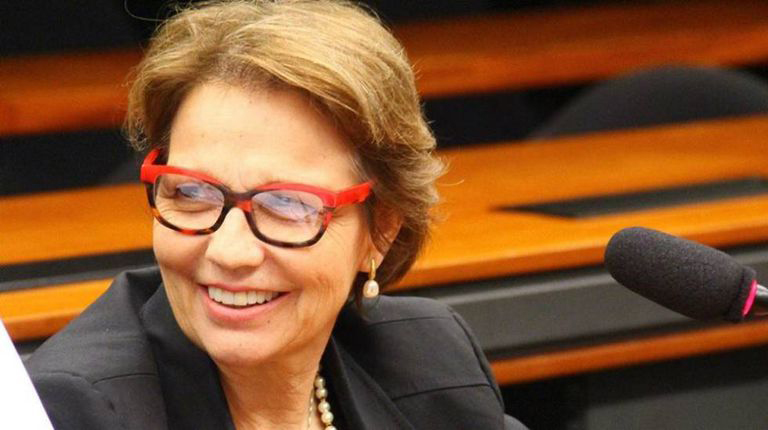
04.12.2019
15:48 PST
SF Bay Area, CA – Immensely, Brazil's Minister of Agriculture Tereza Cristina has advocated future incorporation of science and agriculture to drive economic momentum. Recently, Brazil's Forum of the Future Institute held a Seminar on Food and Society to discuss various proposals for sustainable development in agriculture. Intriguingly, the seminar included programs to accelerate growth in the following fields of study: agro-food research, the use of pesticides, biological control, water, food waste and biotechnology in order to meet growing demands in the West. Furthermore, the summit featured a major presentation on Tropical Biomes as the development of a new pilot program to track natural resources.
Ecstatically, Brazil's former minister of Agriculture Alysson Paulinelli expressed, "When we thought of conducting this study, we thought of organizing it in a network, through co-working, bringing scientists, and working on this approach of using a natural resource knowing its limits and, most of all, the technologies that allow us to handle this resource with guaranteed sustainability."
Distinctively, Brazil's Agriculture Minister Tereza Cristina recently ended a meeting in the US without reaching a deal to permanently end the veto imposed on Brazilian protein. Appropriately, Brazil is denouncing the US over an inspection agreement on the quality of its beef exports which triggers socio-economic discord. Hence, Brazil has shifted its meat exports to China making the US its second largest market. Markedly, Christina stated, "“Today we have a very serious issue in Brazil, everyone is exporting meat to China. Is the American market very important? Yes. But we will proceed very calmly."
 Brazil's Government Debt Dropped in October
Brazil's Government Debt Dropped in October 
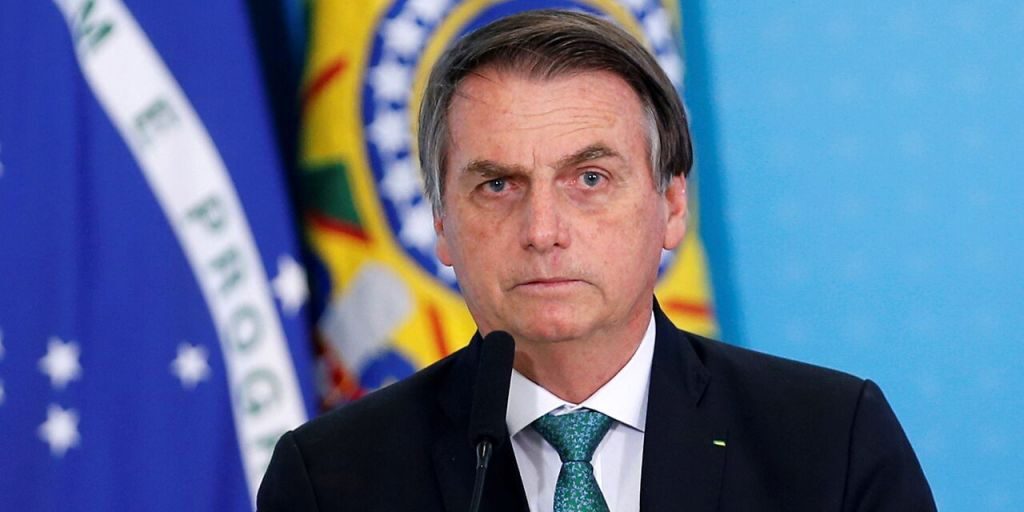
05.12.2019
22:04 PST
SF Bay Area, CA – Pensively, Brazil is transforming its economy and reducing its government debt to reduce obstacles in regional trading. Globally, the US trade war with China is having a major impact on the appreciation of the US dollar which has trade restrictions throughout Latin America. Effectively, appreciation of the dollar has triggered a capital flight in Brazil which is committed in long-term investing with the BRICS Business Council. Fiscally, Brazil continues to reduce its government debt which seen a 0.84% drop in nominal terms from September to October. Annually, Brazil's debt has dropped this year by 4.79% to R$154.7 billion which has neighboring countries prepared to continue the trend.
Suggestively, Brazil's Coordinator of Public Debt, Roberto Lobarinhas emphasized, "Debt management is carried out in such a way as to minimize any vulnerabilities or risks. The impact of this increase in the dollar is very insignificant."
Acutely, Brazil's trade balance fell 38.35% since last November from a decline in exports which is now igniting with growth from agriculture. Warningly, Brazil's Central Bank President Roberto Campos Neto stated, "If it (FX rate) ends up contaminating inflation’s expectation curve, we obviously have to act." Firmly, Brazil's GDP in agriculture is expected to increase by 3.7% in 2020 while concerns over inflation persist from the appreciating US dollar. Historically, Brazil's agricultural sector has weighed heavily on its GDP, government debt and currency rate. Appropriately, Brazil's Central Bank President Neto added, "The important thing for us is how the exchange rate affects the inflation channel."
[Top]

![]()

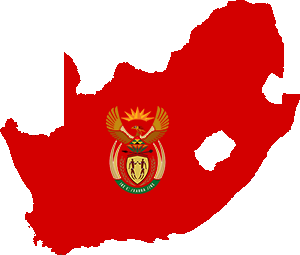

 Region 5 - Central Division (Johannesburg)
Region 5 - Central Division (Johannesburg) 

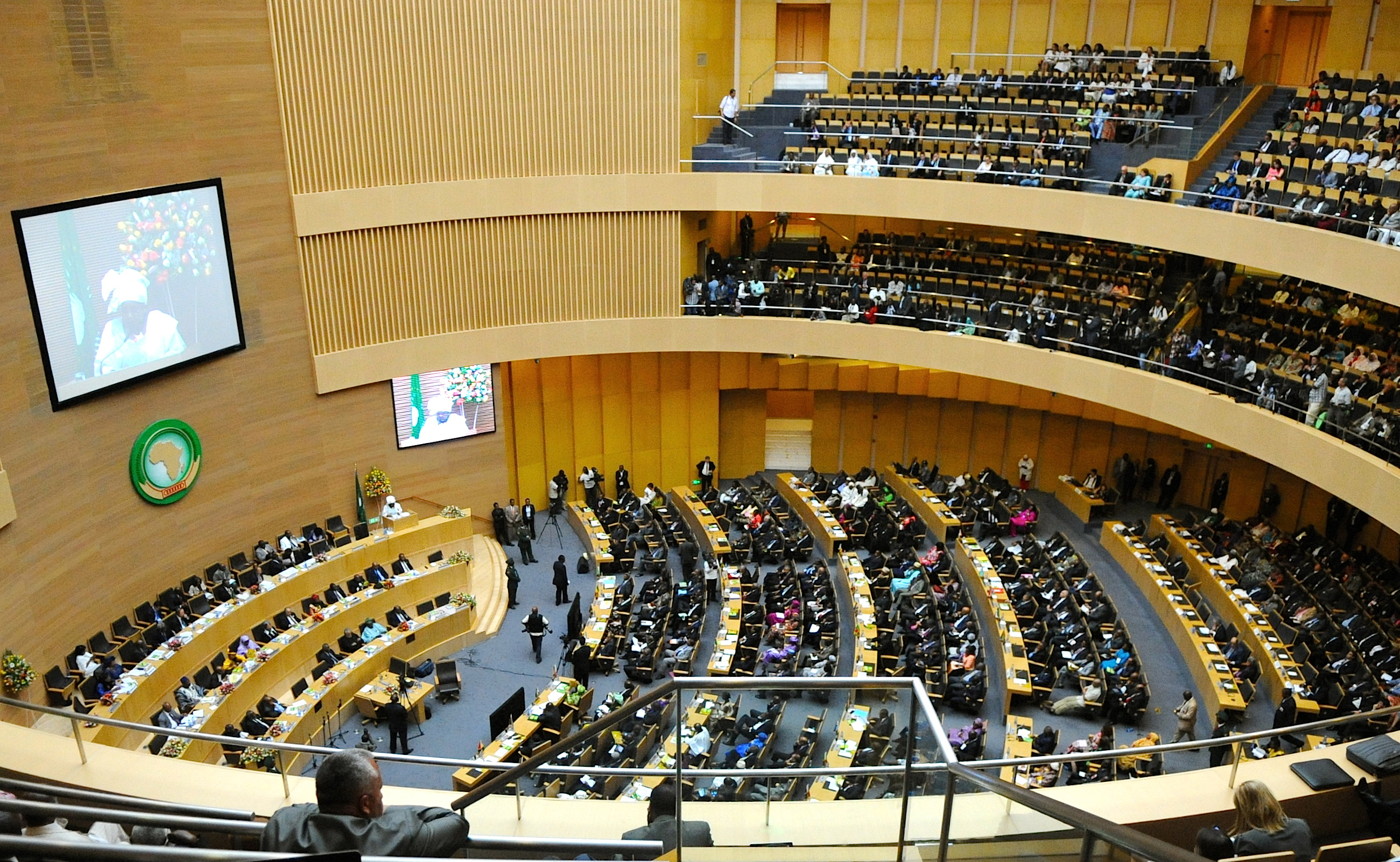
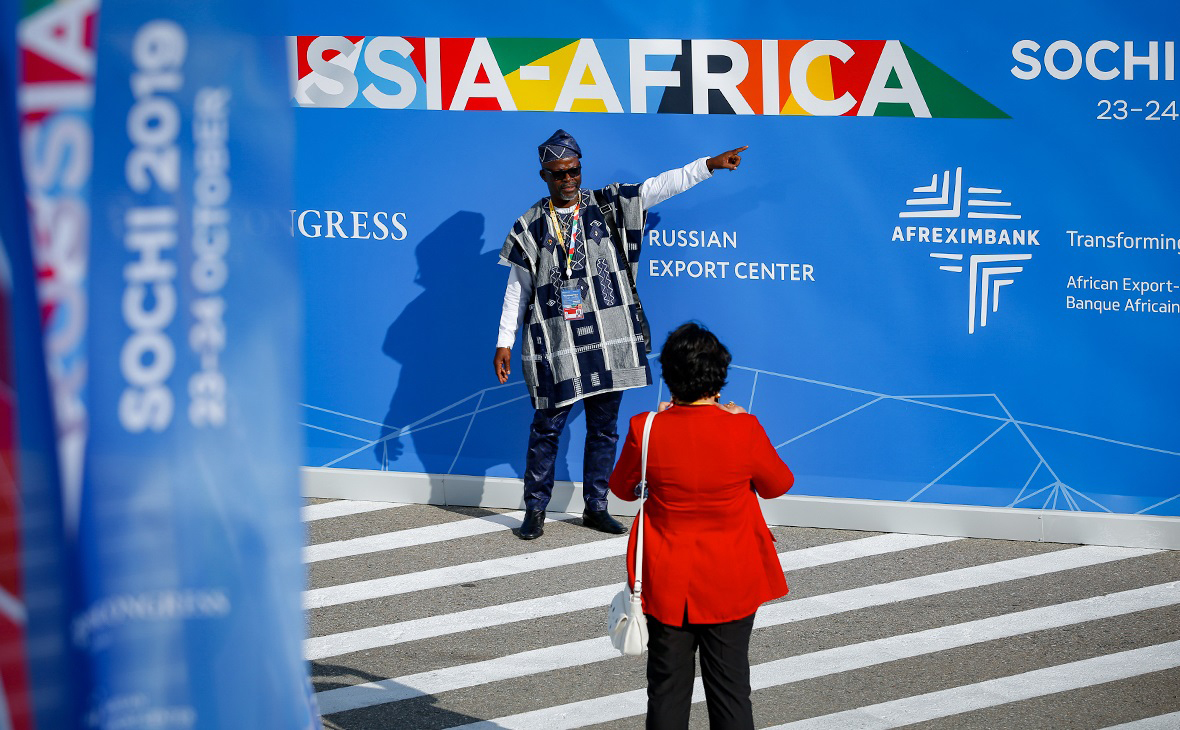
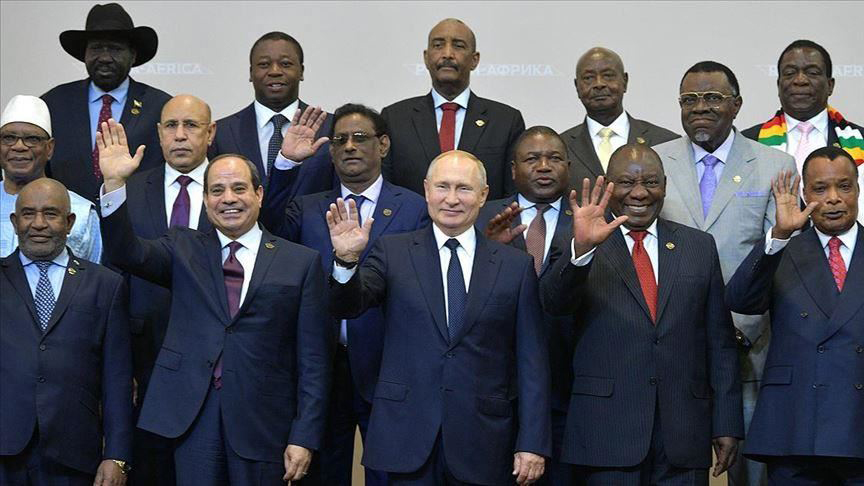

|
|
  |
|
  |
|
 Zimbabwe Intensifies its Enforcement of Environmental Protection
Zimbabwe Intensifies its Enforcement of Environmental Protection 

06.12.2019
19:38 PST
SF Bay Area, CA – Environmentally, Zimbabwe is losing nearly 330,000 hectares of forest annually to energy consumption for electricity and heat. Primarily, in several urban areas of Zimbabwe firewood and charcoal are the main sources of household energy. Adversely, many urban dwellers in Zimbabwe have suffered routine power outages which have lasted up to 19 hours for nearly six months. Meanwhile, the increase in the price of gas makes the use of firewood and charcoal the less expensive alternatives which has generated environmental concerns in the nation. Sensibly, Zimbabwe's Minister for the Environment and Climate Change Nqobizitha Ndlovu emphasized, "We acknowledge the shortage of electricity and that gas is expensive, so wood and charcoal are alternatives. So while we are worried about [the woodlands], we also worry about human beings."
Grippingly, deforestation in Zimbabwe is a primarily driven by agricultural purposes from a controversial land reform program approved in 2000. Hastily, land has been cleared for the cultivation and curing of tobacco which weighs heavily on Zimbabwe's environment.
Currently, Zimbabwe allows cutting of trees for personal use while commercial use is banned. Heavily, violators risk being fined or jailed for tree cutting for charcoal. Furthermore, charcoal production is banned in Zimbabwe whereby it is imported from neighboring Mozambique, Zambia and Malawi with a special permit. Regionally, meeting growing energy demands is becoming a top priority for lawmakers as sustainable development is vital with accelerating human productivity. Yet, Zimbabwe continues to endure a crisis which has reduced its labor market and created an environmental threat. Readily, Zimbabwe must accelerate with reform on environmental laws which impact the climate.
 Africa Accelerates Post-Liberation Movement
Africa Accelerates Post-Liberation Movement 
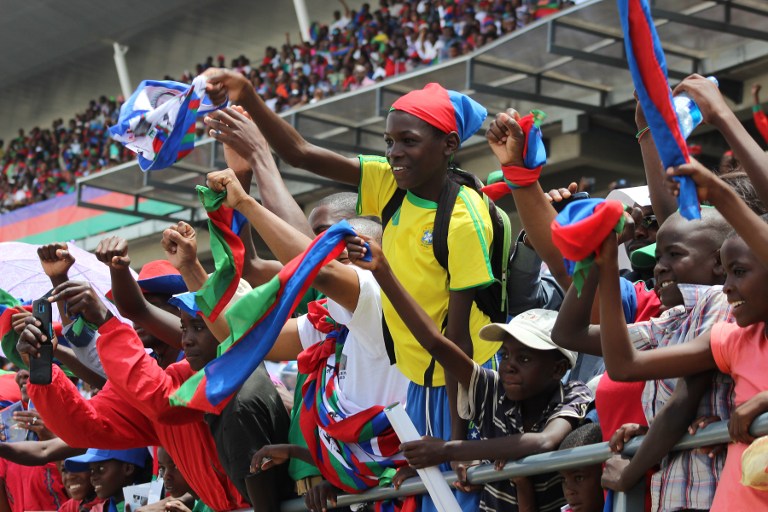
06.12.2019
22:03 PST
SF Bay Area, CA – Politically, several nations in Africa continue to preserve the liberal movement which signify their independence. Dominantly, one-party states such as Angola, Botswana, Mozambique, Tanzania, Zimbabwe and Namibia continue to rule control of their parliaments. Triumphantly, the liberation movement in Africa has achieved over half of the popular vote in the recent parliamentary elections held by each ruling state. Presently, Namibia leads the region in the liberation movement with 80% parliamentary vote and 87% vote for its presidential candidate Hage Geingob in 2014. Candidly, there is no national opposition party in Namibia which intensifies the liberal movement.
Similarly, Egypt has shifted its government with a cabinet reshuffle which is aiming to accelerate the strengths and diversity of its younger culture. Prolifically, 23 deputy governors were appointed in Egypt as graduates from the presidential youth program including the governorates of Alexandria, Giza and South Sinai.
Vehemently, MP Mohamed Abdel-Ghani from Cairo's district Zeitoun stated, "I think that any cabinet reshuffle should include the ministers of health, education, higher education and supply. Their performances have been heavily criticised by MPs. And while there are cabinet ministers — housing, transport and electricity — who are performing well and should remain, the economic group, including the ministers of finance, industry and trade, planning and investment, should also be replaced. Yes, they have done a great job over the last three years, but their neo-liberal orientation has served its purpose and now we need a change of policy. We need to focus on protecting the neediest in society."
 South Africa Agrees to New Petrochemical Facility
South Africa Agrees to New Petrochemical Facility 
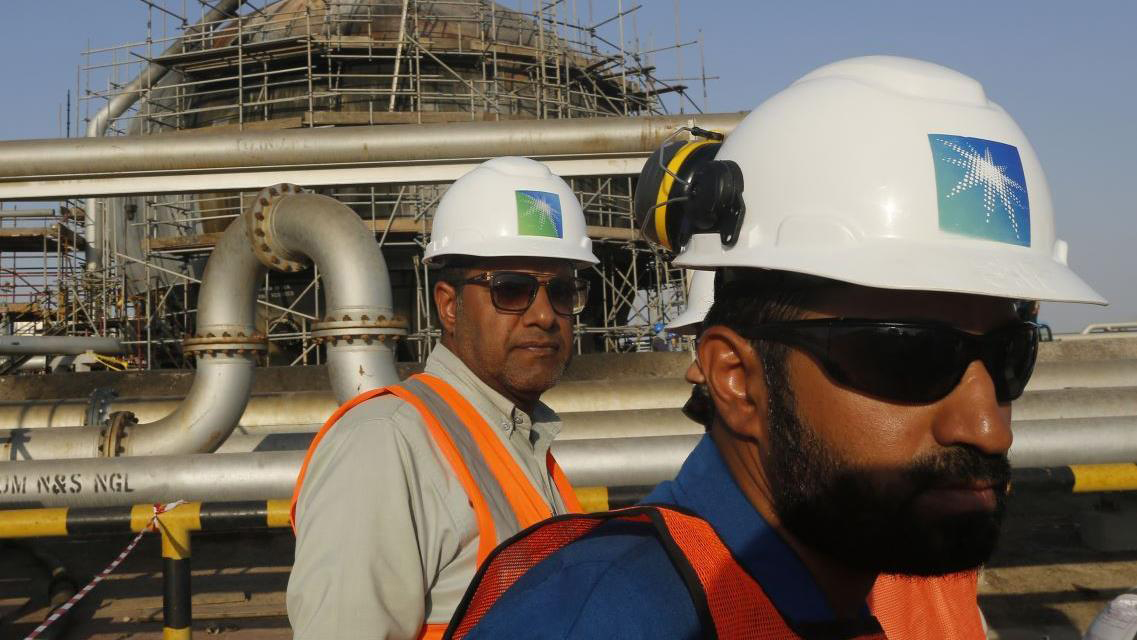
07.12.2019
02:03 PST
SF Bay Area, CA – Astutely, South Africa and Saudi Arabia are discussing to build a new 300,000 barrel per day oil refinery and petrochemical facility. Lucratively, oil giant Aramco and South Africa's Central Energy Fund (CEF) met to establish an initial public offering on the new venture. Adeptly, construction of the facility is expected to cost $10 billion to develop and take nine years to finish. Meanwhile, a feasibility study has begun and will be completed next month as CEF's spokesperson Jacky Mashapu stated, "It will be premature to know who would be potential partners and what stake they will be willing to take."
DETAILS TO FOLLOW



